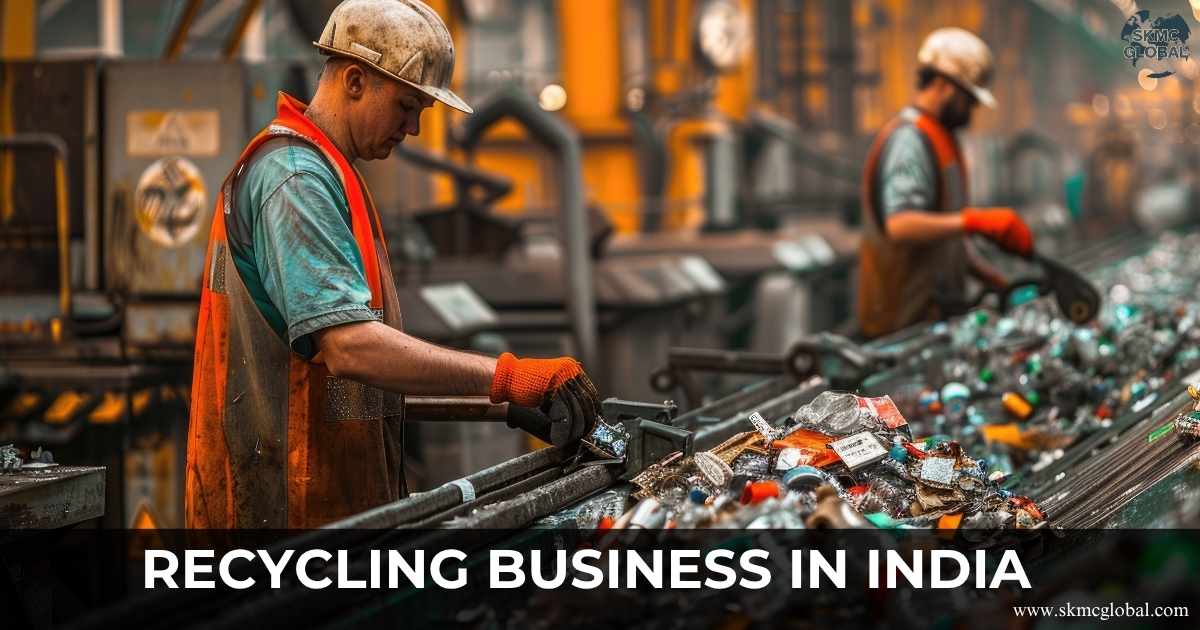
From scattered, informal, scrap-based practices to structured and compliance-driven models, the Indian recycling industry has emerged as one of the fastest-growing industries in the last two decades. Be it the plastic recycling business, electronic waste recycling sector, or the recent surge in lithium-ion battery recycling, India is marching toward a circular economy-notwithstanding immense challenges.
The blog outlines the brief history of Indian recycling industries, major developments such as the Waste Management Rules 2016, growth battery recycling companies in Indian, compliance complexities, recycling capacities, and opportunities for new entrepreneurs. This sector stands at the epicentre of India's environmental transformation, especially with its sustainable solutions and well-established plastic waste recycling process, backed by an increasing emphasis on appropriate battery recycling.
History of Recycling Industries: From the Informal Sector to Formal Compliance
The Indian recycling journey started with informal scrap pickers and small kabadi networks. Most of the recycling activity in this paper, metals, plastic, and used electronics had functioned under no guidelines for decades, with manual sorting and recovery techniques. The plastic recycling business showed rapid growth in the 1990s as large volumes of packaging material entered the market. Plastic waste recycling at that time was a very rudimentary process of cleaning, shredding, melting, and remolding. Electronic waste recycling was even worse: acid extraction of metals and dismantling were carried out manually in hazardous environments.
Quantities of wastes in India have grown manifold from 2000 to 2010 due to increased consumption, industrialization, and use of mobile phones, computers, and home appliances. This growth, in uncontrolled e-wastes, brought under immediate attention the need for structured recycling of electronic wastes and safe methods for e-waste processing throughout the country. While recycling of lead-acid battery was common, that of modern lithium-ion batteries was practically nil until electric mobility and telecommunication storage solutions started expanding after 2015.
Waste Management Rules 2016: The Turning Point
A major milestone for the recycling industries came with the notification of the Waste Management Rules 2016 covering PWM, EWM, Hazardous Waste Rules, and Battery Waste Management guidelines. For the first time, the rules introduced the concept of Extended Producer Responsibility wherein the manufacturers, importers, and brand owners would be responsible for the collection and environmentally sound recycling of the waste generated from their products.
The plastic waste recycling business was formalized with PWM Rules 2016, which made the producers accountable for post-consumer plastic. In the e-waste rules, the formal recyclers became significant and proper electronic waste recycling, recycling of electronic waste along with authorized recycling of e-waste process became mandatory. Similarly, the rules for batteries were strengthened to control unsafe practices and motivate proper recycling of batteries more so as India entered the era of energy-storage devices.
CPCB Targets and Challenges for Industry
However, post 2016 regulations, CPCB started building year-on-year targets with regard to recycling and EPR. These need to be pursued by all the recycling industries-whether it be plastic recycling business, electronic waste recycling, or lithium ion battery recycling. But there exists a big gap in the targets and actual performance. Several companies which are registered for recycling batteries, electronic waste or collection of plastic waste face the following issues:
- Inadequate segregation of waste at the source
- Collection networks are limited in rural areas.
- Dominance of informal recycling channels
- High investment costs for modern recycling plants
- A general lack of consumer awareness
These systemic challenges make it hard or impossible for such industries to fully meet these strict targets issued by the CPCB. More particularly, this is onerous in the case of Indian battery recycling companies because handling lithium-based waste falls under the category of hazardous waste.
Government Promotion and Encouragement of New Recycling Businesses
The Indian government is, however, aggressively promoting the setting up of new recycling businesses. Plastic Waste Management Rules encourage entrepreneurs to set up authorized units with advanced plastic waste recycling processes. The government is also pushing for industries to come up with clean technologies to recycle lithium-ion batteries, given that EV batteries and consumer electronics create massive waste streams.
Therefore, the start-ups involved in lithium battery recycling, battery recycling, and recycling of batteries companies in India have gained considerable recognition over the last few years as the EV sector is gaining momentum. Similarly, new enterprises are entering into formal electronic waste recycling and compliant recycling e-waste process methods, adopting automation, robotics, and chemical-free extraction technologies.
Waste Generation in India: How Much is Recycled?
India is a country that produces huge garbage every year.
- Plastic waste: more than 4 million tonnes per year
- E-Waste: between 2.1-3 million tonnes annually
- Battery Waste: - Growing fast with EV and mobile usage
Plastic recycling continues to hold a major share of waste management activity in India. Even though this country generates millions of tons of plastic waste, a mere ~60% is being recycled by mainly informal operators. The rest of the generated waste often reaches landfills or oceans. Even though the process of plastic waste recycling is spread over most parts of this country, the formal and CPCB-registered share of recycling remains considerably lower.
In India, only about 20-25% of the generated total is formally recycled concerning e-waste. The major portion is dealt with by informal dismantlers, but metals recovered are low without approved technology, and environmental pollution increases. Formal recycling plants for electronic waste can extract gold, silver, palladium, copper, material from PCBs, and plastics. But their capacity remains underutilized.
Lithium batteries form a growing stream of wastes. The numbers that require lithium-ion battery recycling continue to rise with EV sales breaching new records every year. At present, India recycles only a small fraction of these batteries. However, the sector has now begun to scale up with increasing demand for recycling lithium battery facilities and certified recycling of batteries.
Number of Registered Recycling Companies in India
According to official data from the CPCB, several hundred firms come under different categories:
- Plastic Waste Recyclers & PWPs: over 2,500
- E-waste recyclers: about 400+ accredited plants
- Battery waste recyclers: over 150+ registered facilities, including lithium.
These figures continue to rise as the government is encouraging more and more entrepreneurs to participate in the plastic recycling business, electronic waste recycling, and lithium ion battery recycling sectors. Actual operating capacity still remains low due to raw material shortages, high compliance costs, shortage of appropriate technology, and competition from unauthorized scrap dealers.
Tonnage Recycled and Product-Wise Challenges
Plastic Recycling
Although several million tonnes of plastic are recycled in India each year, a quantity of multilayer packaging remains non-recyclable. Plastic waste recycling is on the rise, though segregation, contamination, and market demand for recycled plastic remain challenges.
Electronic Waste Recycling
At formal facilities undertaking electronic waste recycling, complicated procedures are used in extracting:
- Gold
- Argent
- Platinum
- Palladium
- Copper
- Aluminium
- Components of PCBs
However, due to the limitation of technology, the recoveries of the precious metals remain low. Among the challenges involved in the WEEE recycling process is an important one relating to printed circuit boards having small quantities of gold. India does not have much domestic capability for high-value metal recovery.
Recycling of Battery Waste
Growing numbers of EV batteries are increasing pressure to upgrade lithium-ion battery recycling facilities. Some technological barriers do exist in India, which are hard to overcome as lithium battery module recycling requires:
- Discharge and dismantling
- Chemical treatment
- Safe extraction of lithium, cobalt, nickel, and manganese
With more and more EVs coming into the market, the demand for lithium battery recycling will rise along with compliant recycling of the battery systems themselves. Most of the conventional battery recyclers in India are upgrading their facilities from lead-acid to lithium batteries.
Major Challenges facing the Recycling Industries in India
1. Dominance of the Informal Sector
The informal recyclers handle almost 70% of e-waste and plastics, which affects the growth of authorized recyclers.
2. No Consumer Awareness
The improper disposal practices within the households seriously lessen the clean waste that is reaching the plastic recycling industry, electronic waste recyclers, and battery recyclers.
3. High Technology Cost
Advanced machinery requires huge investment, especially in lithium-ion battery recycling and in the electronic waste process.
4. Inadequate waste collection infrastructure
Even in places where EPR policies exist, there is an obvious lack of collection points.
5. Poor Recovery of Metals
The precious metals in PCBs require high-end technologies not available at many Indian plants.
6. Compliance Burden
The operations become complex due to the CPCB and SPCB approvals, audits, and reporting.
7. Market Fluctuations
Market prices of recycled plastic, metals, and components that go into batteries fluctuate.
Sustainability goals, the expansion of EVs, and governmental reforms have set up the sector for massive growth.
How SKMC Global Can Help
SKMC Global offers end-to-end professional support for any business that wants to either enter or expand its presence in the recycling business. From initiation into plastic wastes recycling to setting up a new electronic waste recycling plant, or even exploring opportunities in lithium-ion battery recycling, SKMC Global helps at each and every step.
Our services include:
- Guidance on registration at CPCB, EPR compliance, and license approvals.
- Feasibility studies on plastic waste management project or electronic waste recycling units
- Assistance in the setup of battery recycling plants includes the recycling of batteries and electric vehicle waste systems.
- Interpretation of the policy and alignment of compliance to the relevant Rules of Waste Management
- Technical documentation, plant layout support, and legal advisory
- Ongoing compliance reporting on EPR targets, annual returns, and audit requirements
SKMC Global will ensure that your business is operating legally, safely, and successfully in India's emerging recycling economy.
Conclusion
The Indian recycling industry has gradually evolved from an informal, scrap-based operation into a formal, regulated, and technology-driven sector. Plastic waste recycling is considered one of the fastest-growing ventures in the sustainability movement of India, followed by electronic waste recycling and lithium-ion battery recycling. Though these days it faces many challenges regarding informal competition, low awareness, inadequate technology, and complexities around compliance issues, with strong government support, the sector now is fast-evolving.
This is attributed to the growing generation of waste and increasing stringency in regulations. The requirements have never been greater for efficient plastic waste recycling processes, responsible recycling of batteries, safe recycling lithium battery operations, and standardized recycling of electronic waste. And India is marching slowly but surely toward a circular and ecologically responsible economy, as more and more players venture into the industry with advanced technologies.
SKMC Global is always ready to help new entrepreneurs, manufacturers, and recyclers in the set-up of a compliant and profitable waste management business. The future of the recycling industries in India holds immense opportunities, and proper guidance can empower the stakeholders to play a leading role in environmental protection and sustainable development.
Recent Posts
-
 Union Budget 2026 updates...
Feb 02,2026
Union Budget 2026 updates...
Feb 02,2026
-
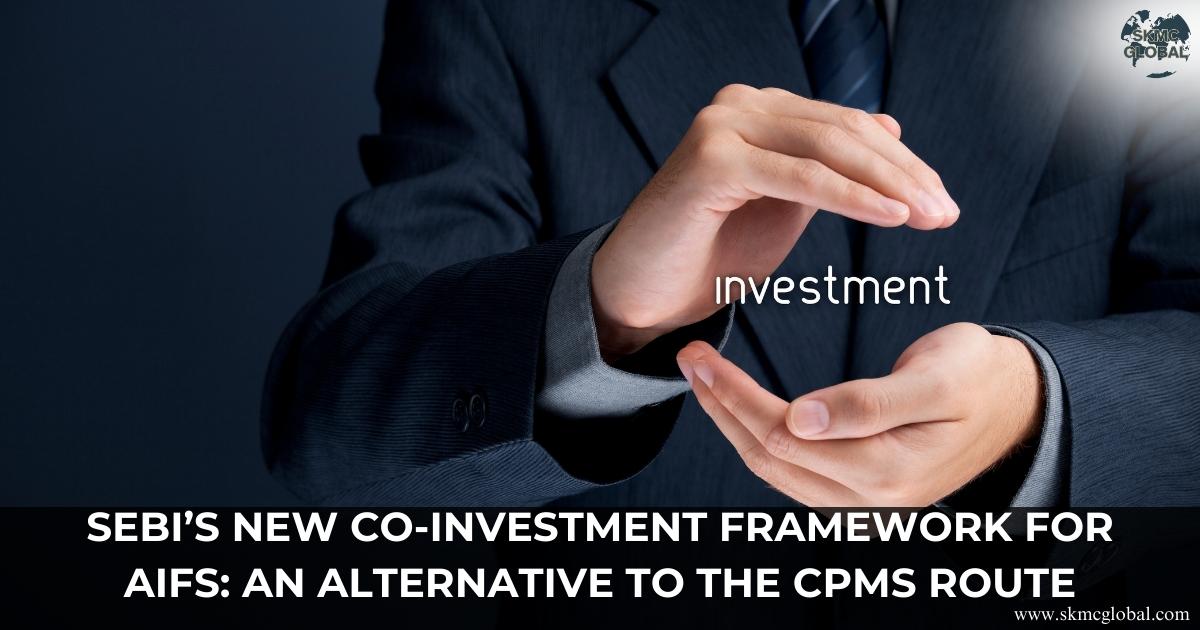 SEBI’s New Co-Investment Framework for AIFs: An ...
Jan 14,2026
SEBI’s New Co-Investment Framework for AIFs: An ...
Jan 14,2026
-
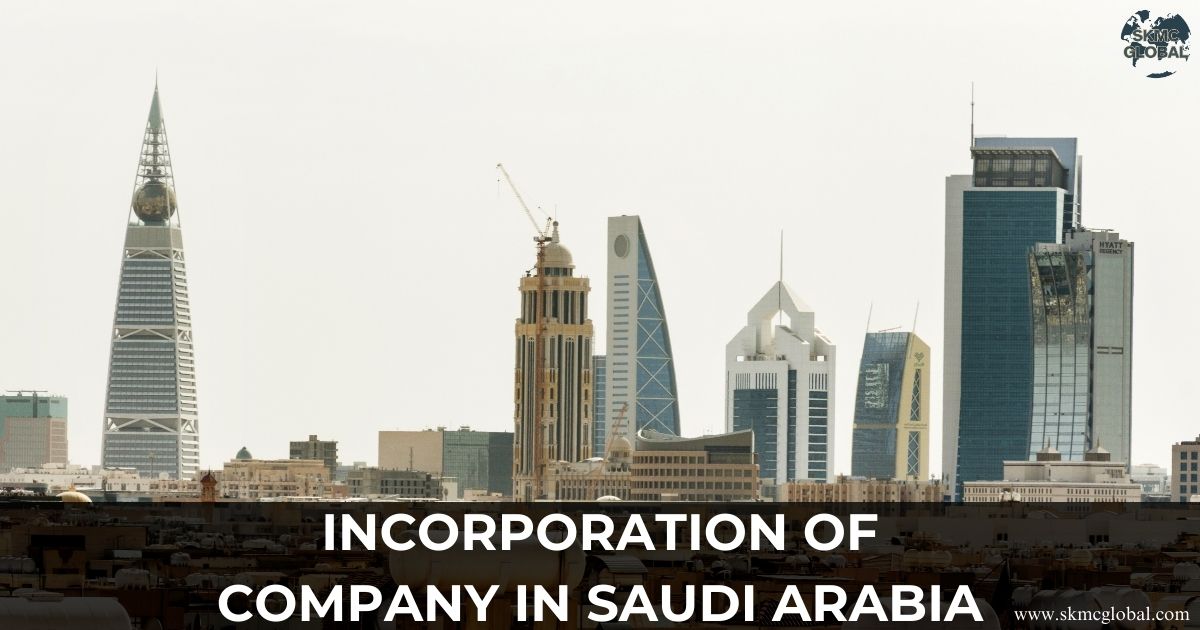 Incorporation of Company in Saudi Arabia...
Jan 05,2026
Incorporation of Company in Saudi Arabia...
Jan 05,2026
-
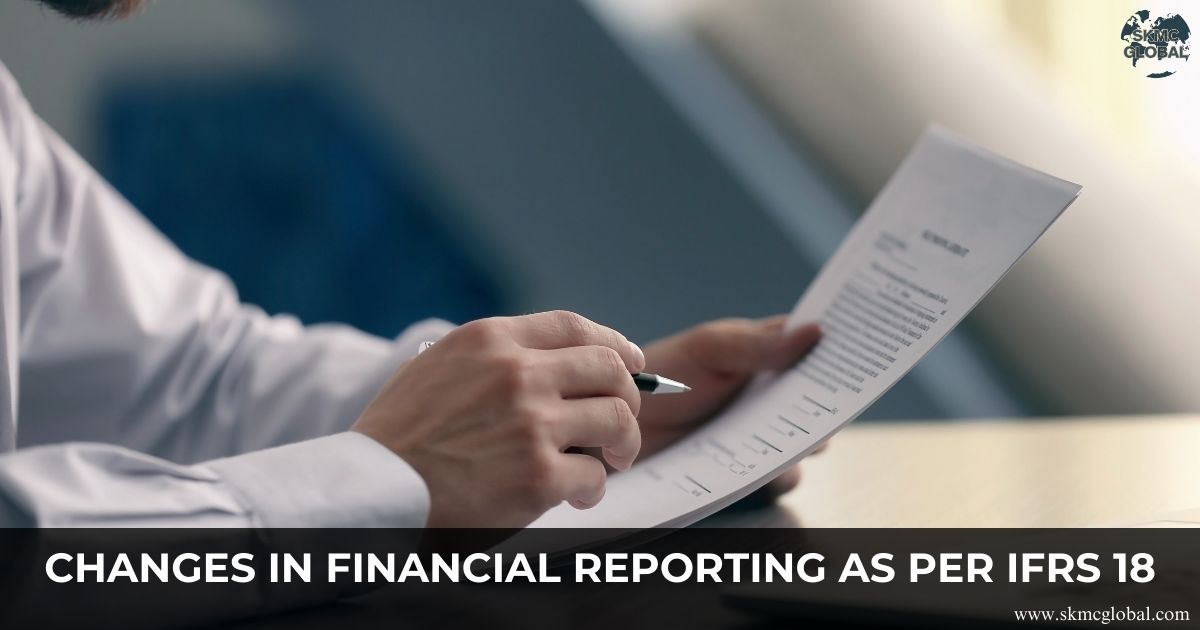 Changes in Financial Reporting as per IFRS 18...
Dec 31,2025
Changes in Financial Reporting as per IFRS 18...
Dec 31,2025
-
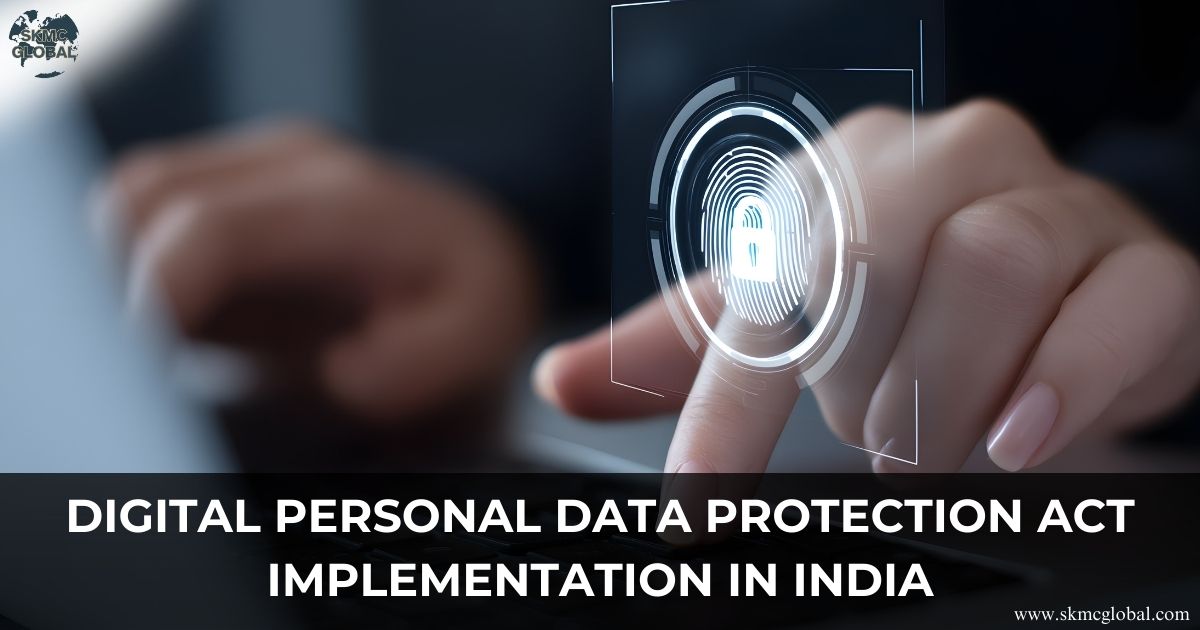 Digital Personal Data Protection Act Implementatio...
Dec 30,2025
Digital Personal Data Protection Act Implementatio...
Dec 30,2025
-
 How to setup a Semiconductor Unit in Gujarat...
Dec 26,2025
How to setup a Semiconductor Unit in Gujarat...
Dec 26,2025
-
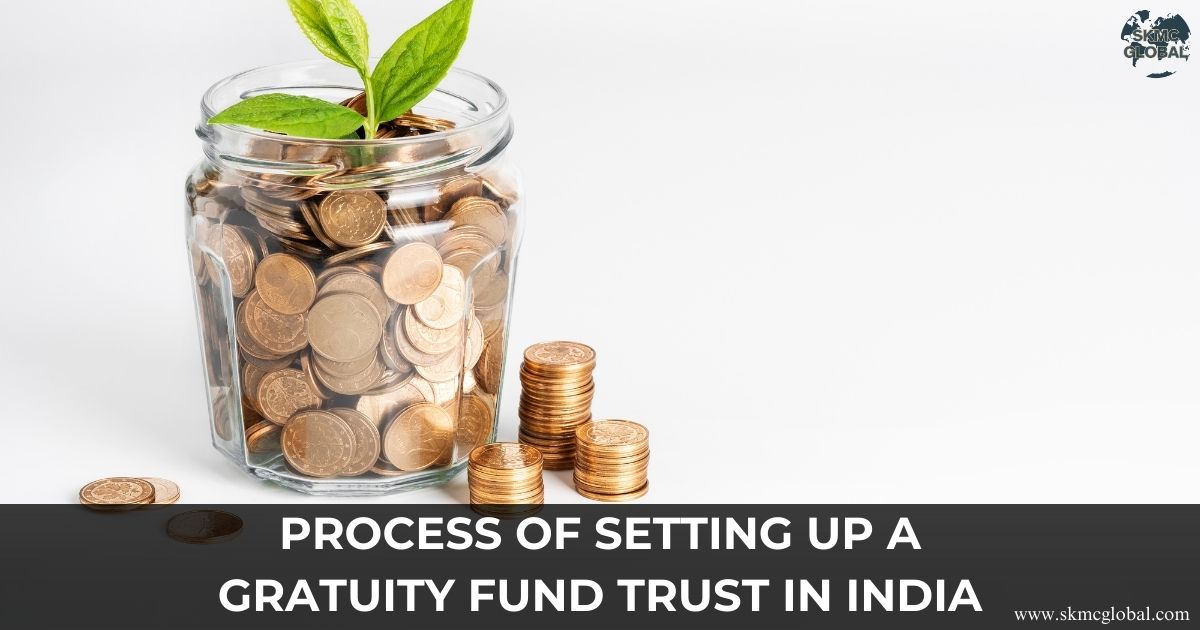 Process of Setting Up a Gratuity Fund Trust in Ind...
Dec 18,2025
Process of Setting Up a Gratuity Fund Trust in Ind...
Dec 18,2025
-
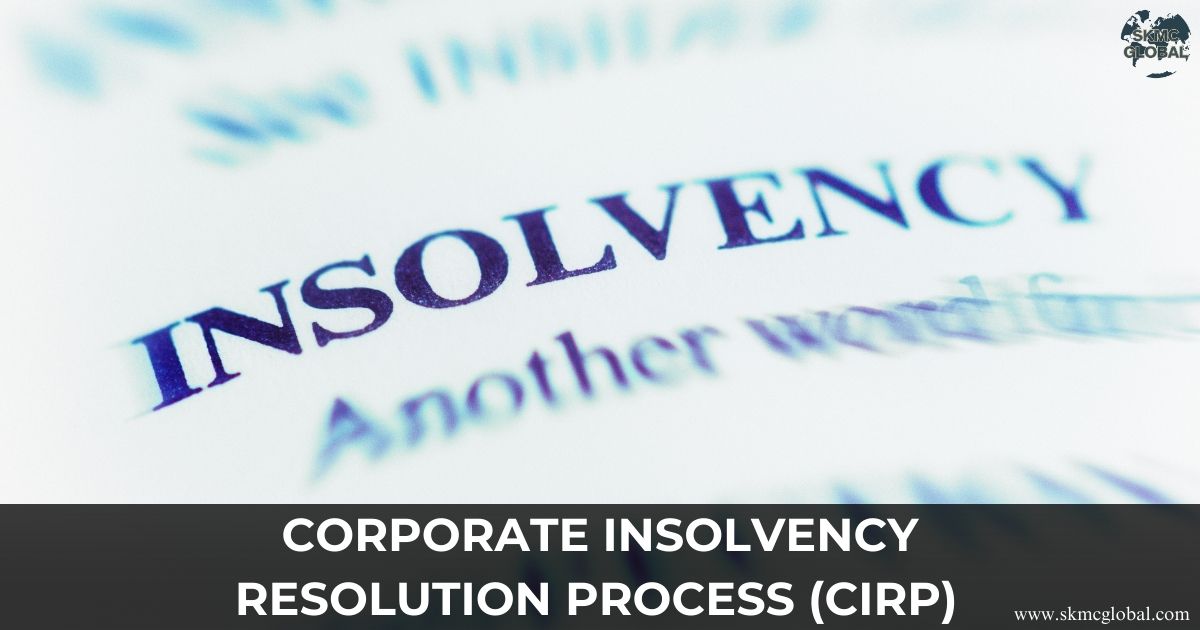 Corporate Insolvency Resolution Process (CIRP) und...
Dec 17,2025
Corporate Insolvency Resolution Process (CIRP) und...
Dec 17,2025
-
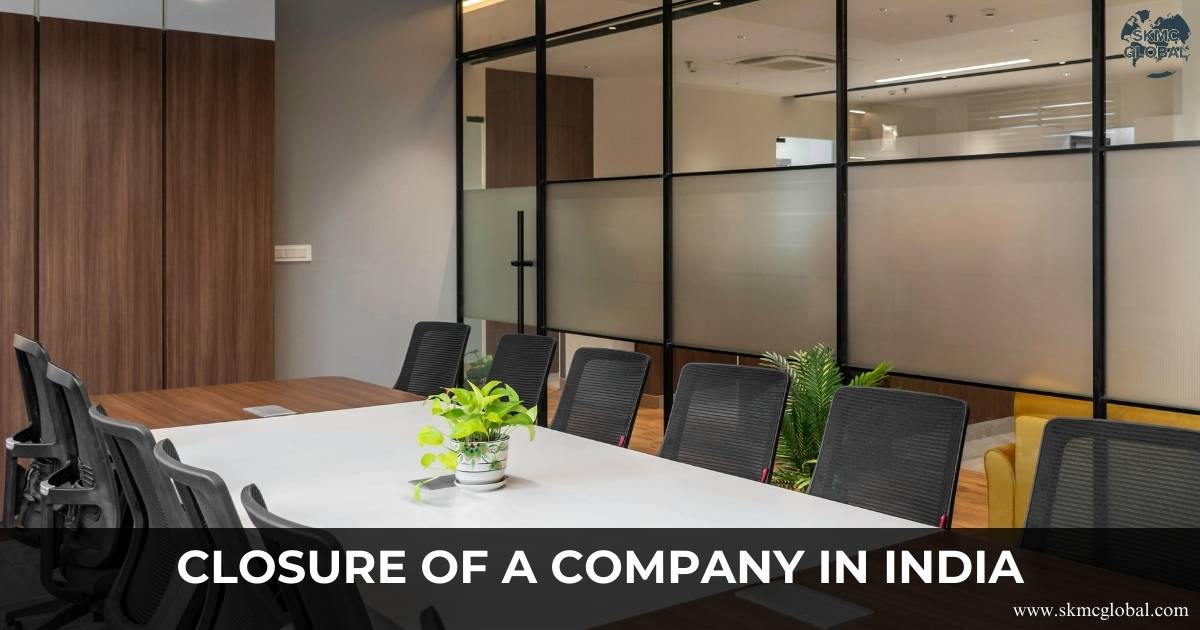 Closure of a company in India...
Dec 12,2025
Closure of a company in India...
Dec 12,2025
-
 Importance of Black Money Act 2015...
Dec 11,2025
Importance of Black Money Act 2015...
Dec 11,2025
-
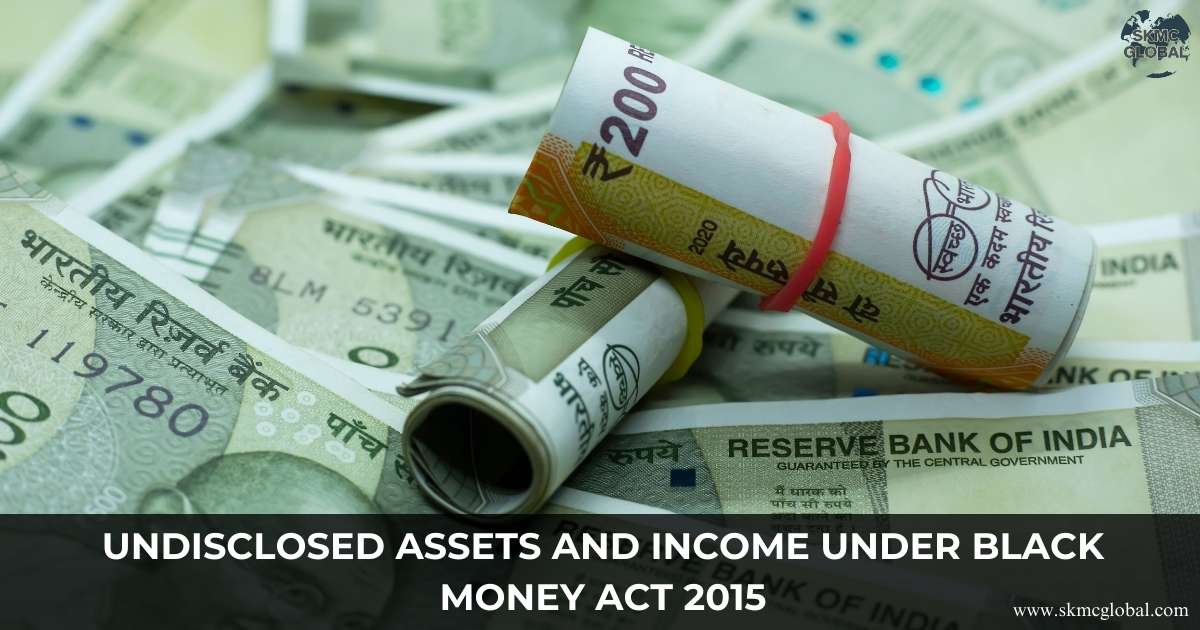 What are undisclosed assets and income under Black...
Dec 08,2025
What are undisclosed assets and income under Black...
Dec 08,2025
-
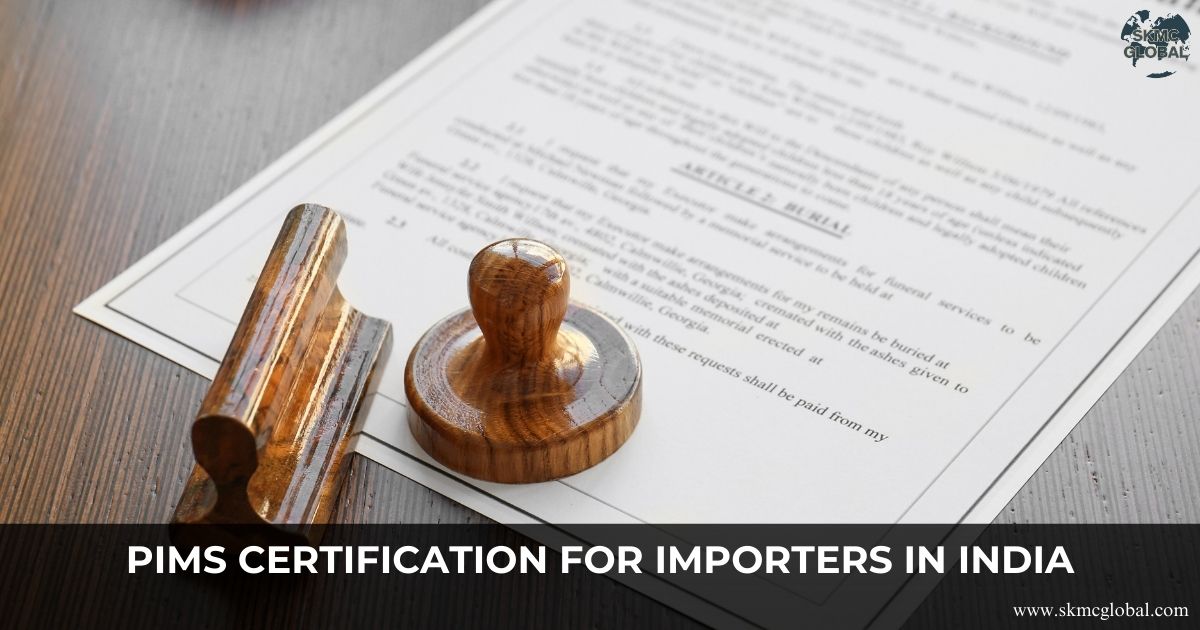 Importance of PIMS certification for Importers in ...
Dec 06,2025
Importance of PIMS certification for Importers in ...
Dec 06,2025
-
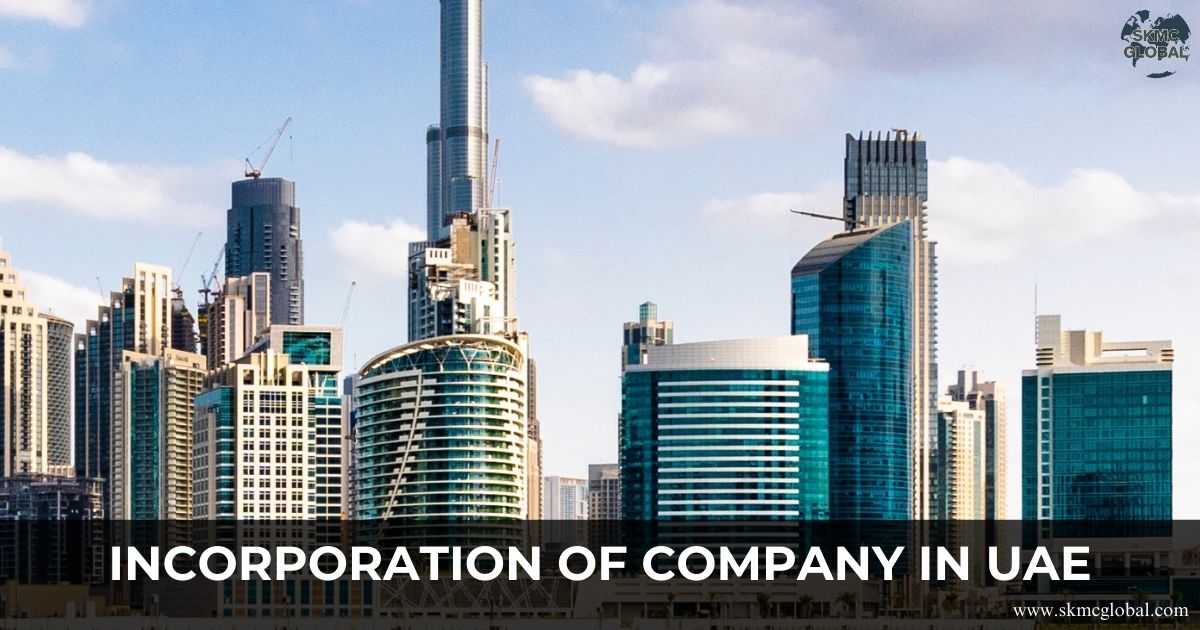 Incorporation of Company in UAE...
Dec 03,2025
Incorporation of Company in UAE...
Dec 03,2025
-
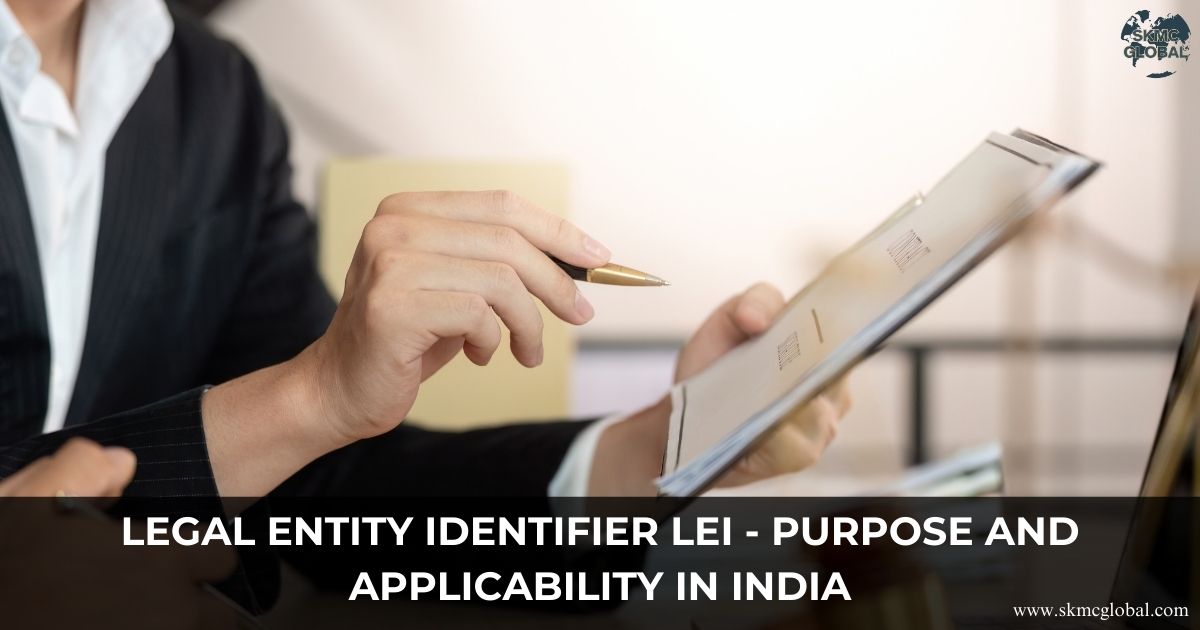 Legal Entity Identifier LEI - Purpose and Applicab...
Dec 01,2025
Legal Entity Identifier LEI - Purpose and Applicab...
Dec 01,2025
-
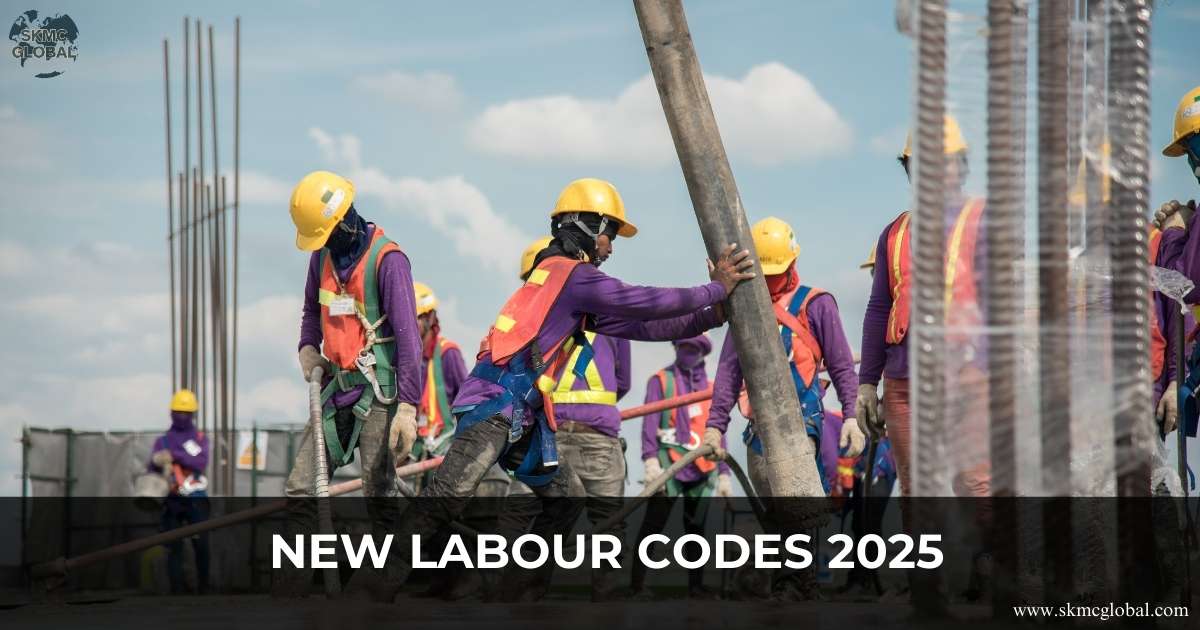 Implementation of New Labour Codes 2025...
Nov 29,2025
Implementation of New Labour Codes 2025...
Nov 29,2025
-
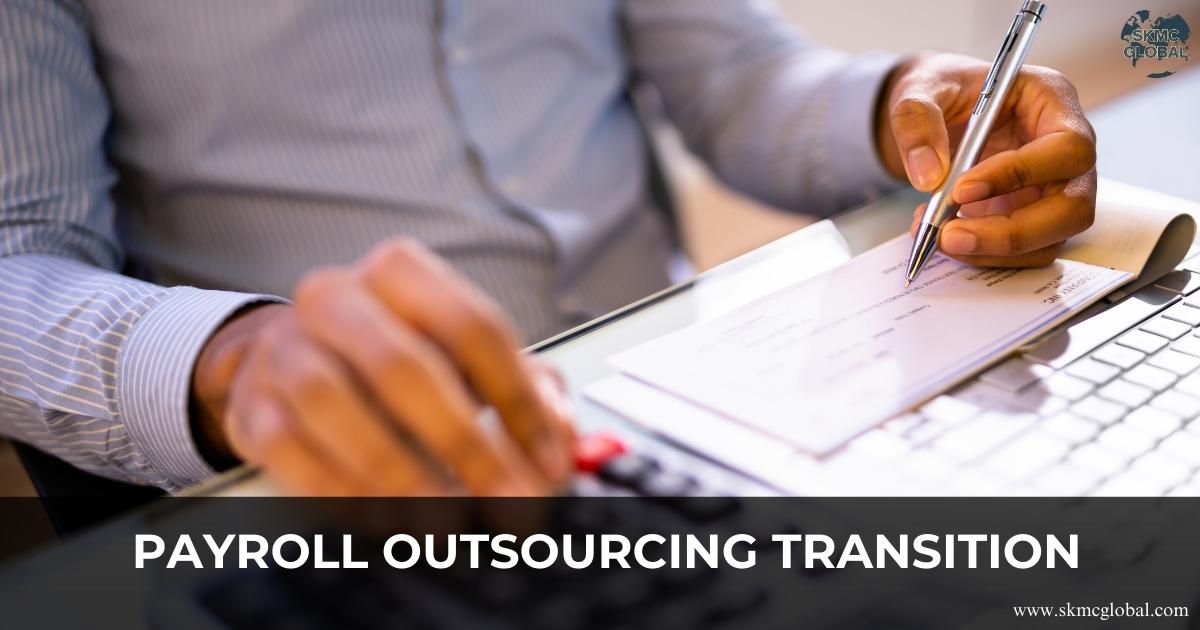 A Step-by-Step Guide to a Smooth Payroll Outsourci...
Nov 28,2025
A Step-by-Step Guide to a Smooth Payroll Outsourci...
Nov 28,2025
-
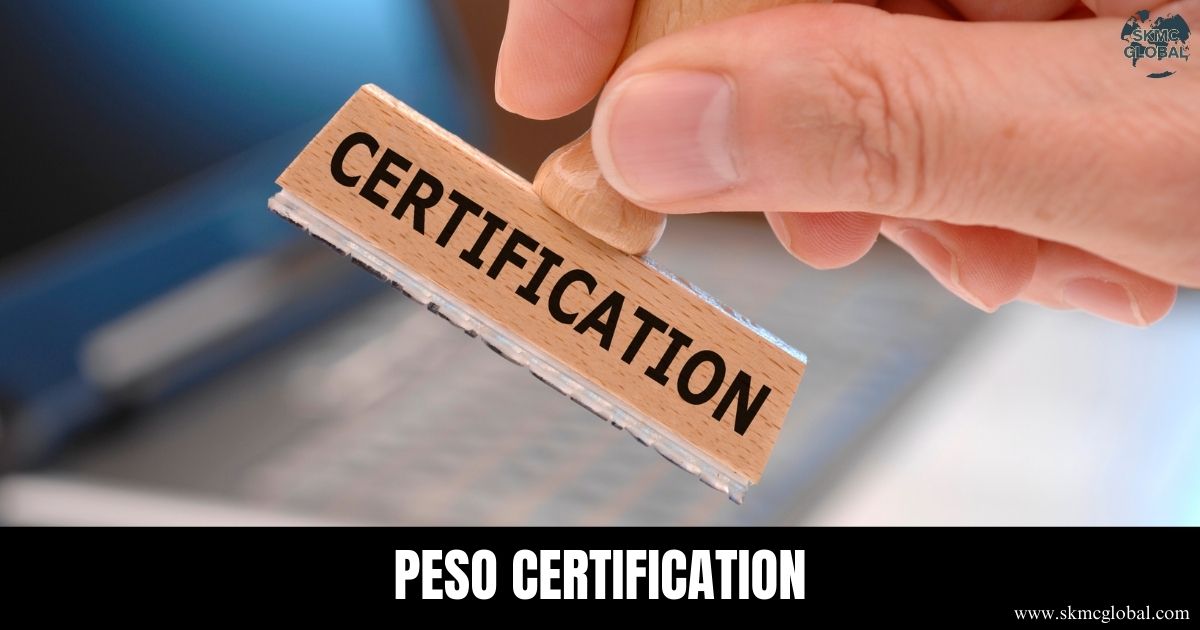 PESO Certification in India...
Nov 26,2025
PESO Certification in India...
Nov 26,2025
-
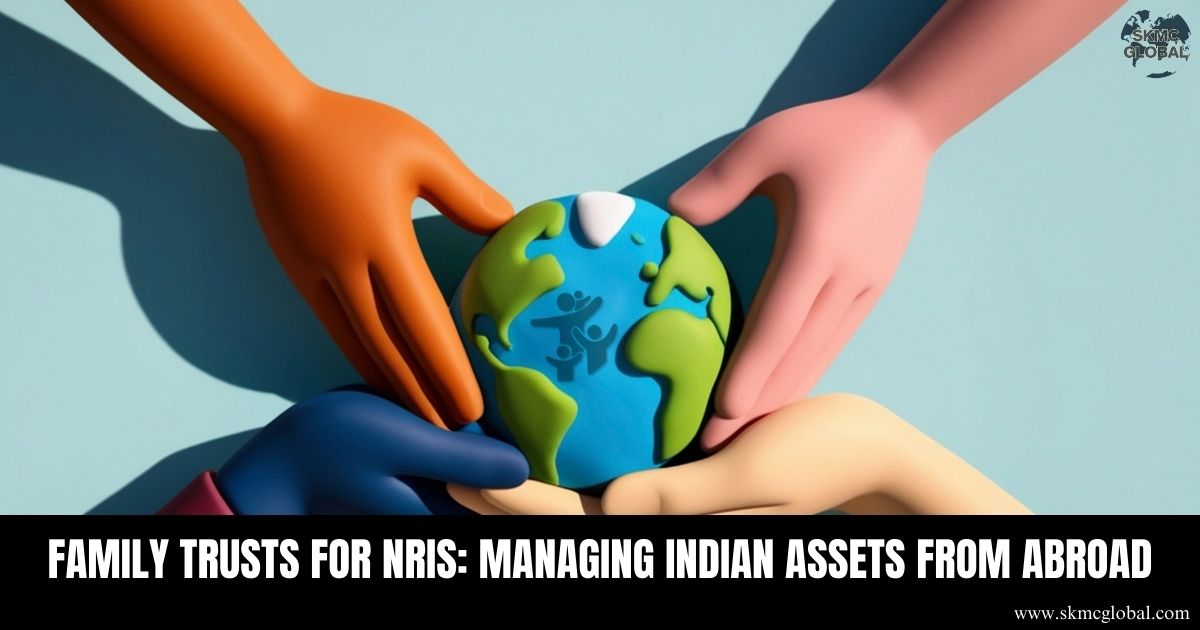 Family Trusts for NRIs- Managing Indian Assets fro...
Nov 24,2025
Family Trusts for NRIs- Managing Indian Assets fro...
Nov 24,2025
-
 Decoding Disclosures: Section 184 of Companies Act...
Nov 21,2025
Decoding Disclosures: Section 184 of Companies Act...
Nov 21,2025
-
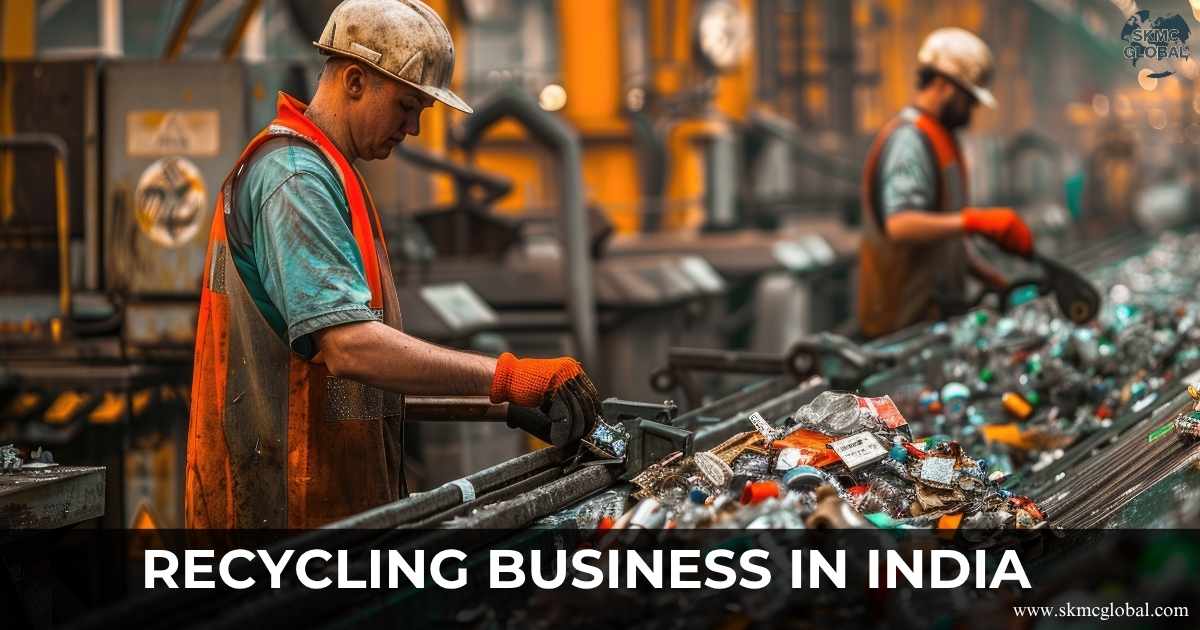 All you want to know about Recycling business in I...
Nov 20,2025
All you want to know about Recycling business in I...
Nov 20,2025
-
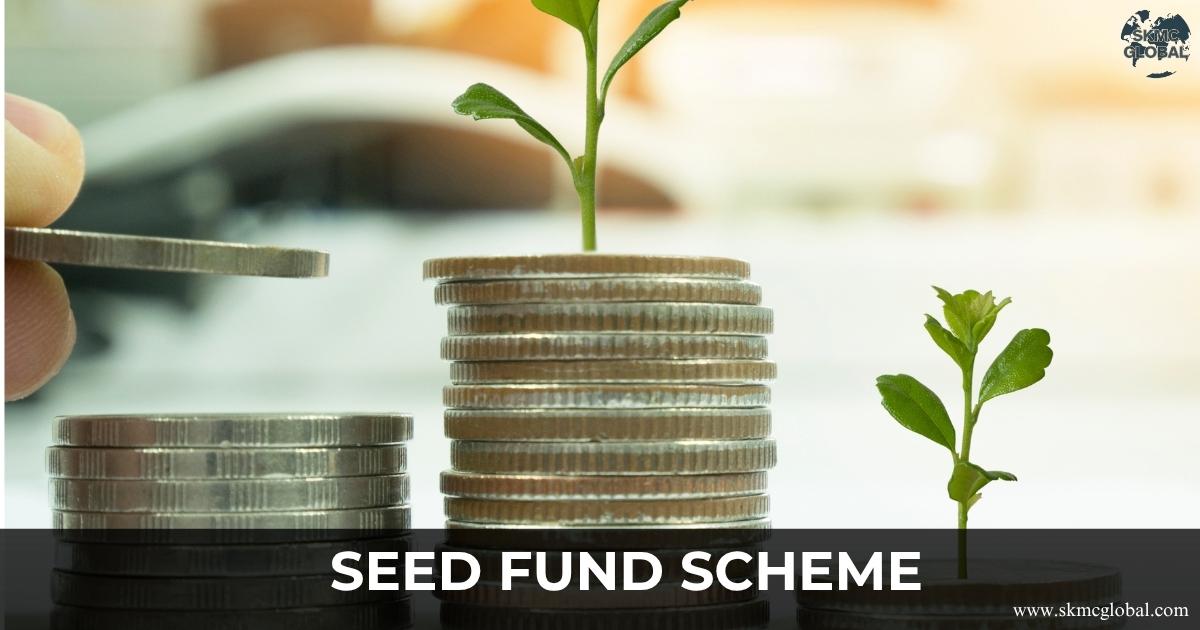 What is Seed Fund Scheme and its relevance for Sta...
Nov 19,2025
What is Seed Fund Scheme and its relevance for Sta...
Nov 19,2025
-
 Incorporation of Company in Singapore...
Nov 18,2025
Incorporation of Company in Singapore...
Nov 18,2025
-
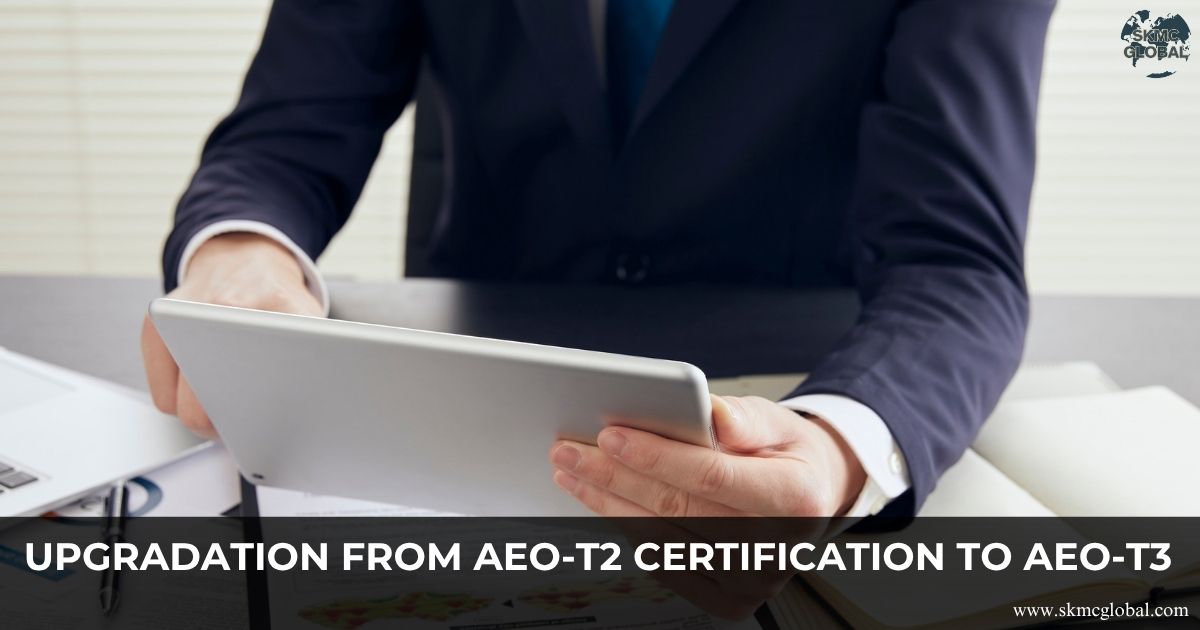 How to upgrade your AEO T2 certification to AEO T3...
Nov 15,2025
How to upgrade your AEO T2 certification to AEO T3...
Nov 15,2025
-
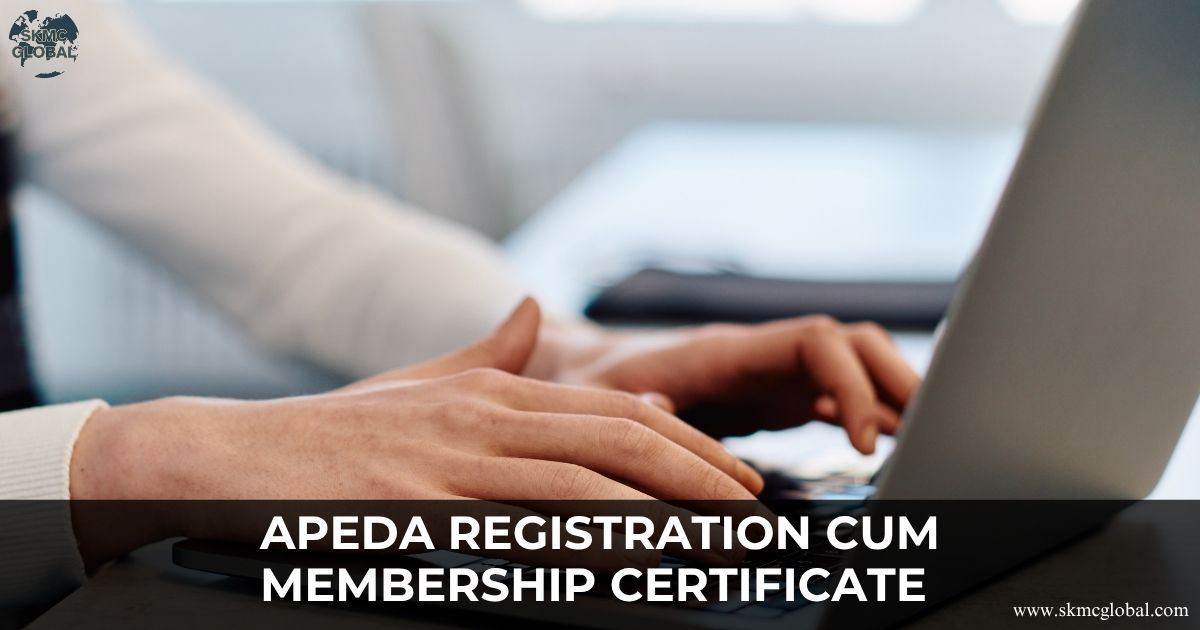 What is the relevance of APEDA Registration and it...
Nov 14,2025
What is the relevance of APEDA Registration and it...
Nov 14,2025
-
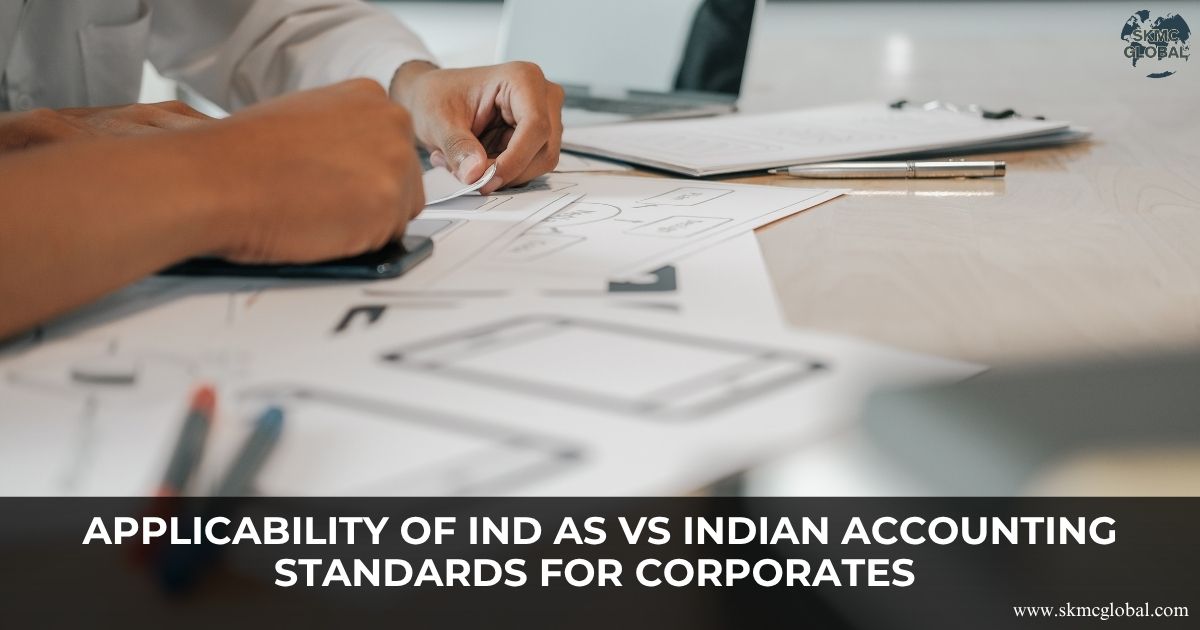 Applicability of Indian Accounting Standards for c...
Nov 11,2025
Applicability of Indian Accounting Standards for c...
Nov 11,2025
-
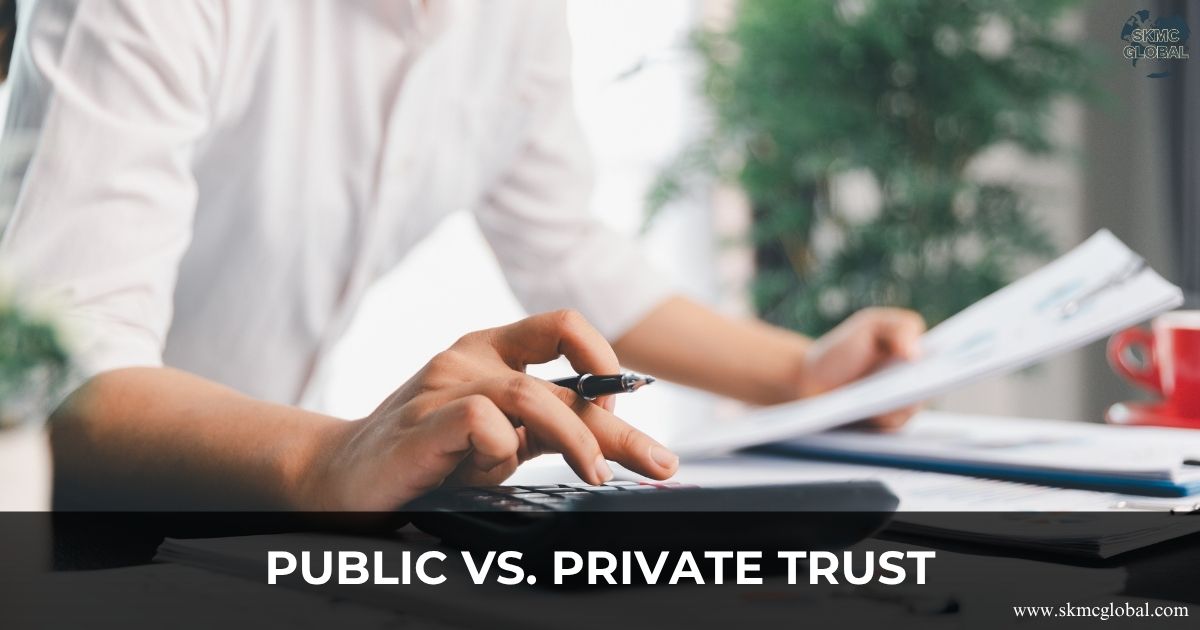 Public vs. Private Trust: key Differences in Regis...
Oct 28,2025
Public vs. Private Trust: key Differences in Regis...
Oct 28,2025
-
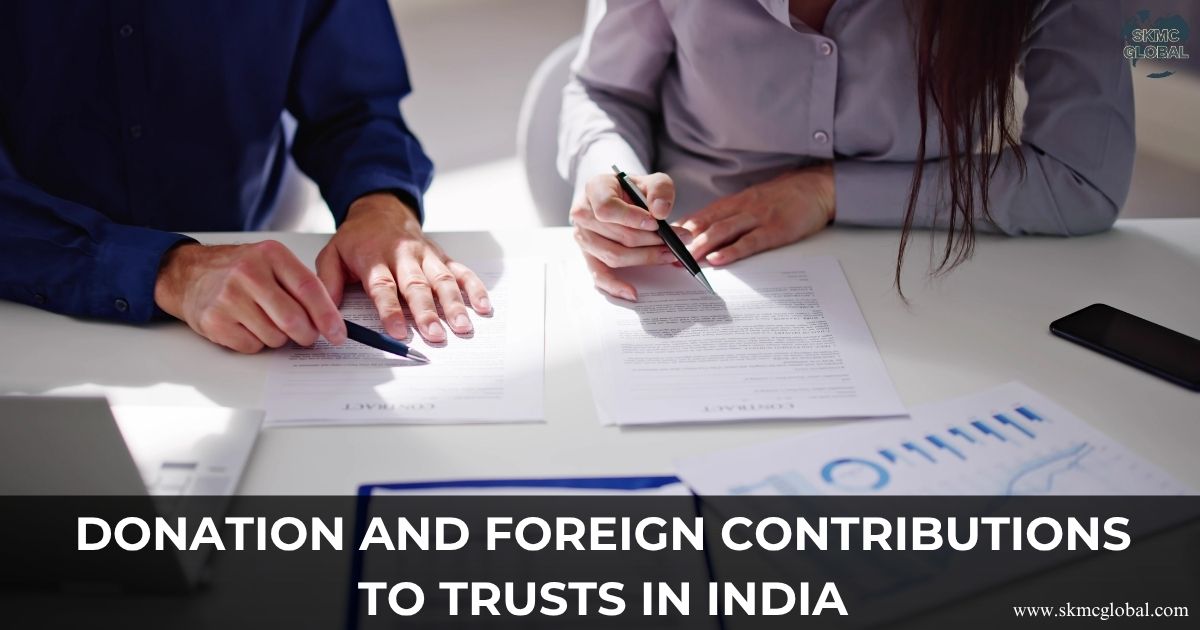 Donation and Foreign Contributions to Trusts in In...
Oct 23,2025
Donation and Foreign Contributions to Trusts in In...
Oct 23,2025
-
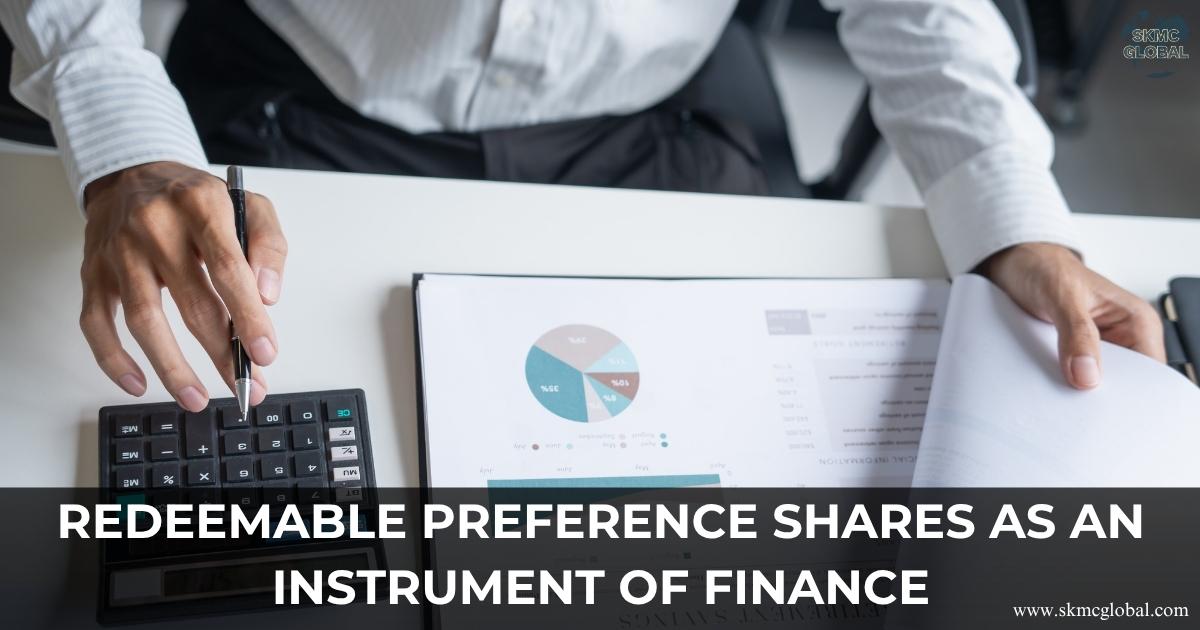 Redeemable Preference Shares as a Financial Tool...
Oct 22,2025
Redeemable Preference Shares as a Financial Tool...
Oct 22,2025
-
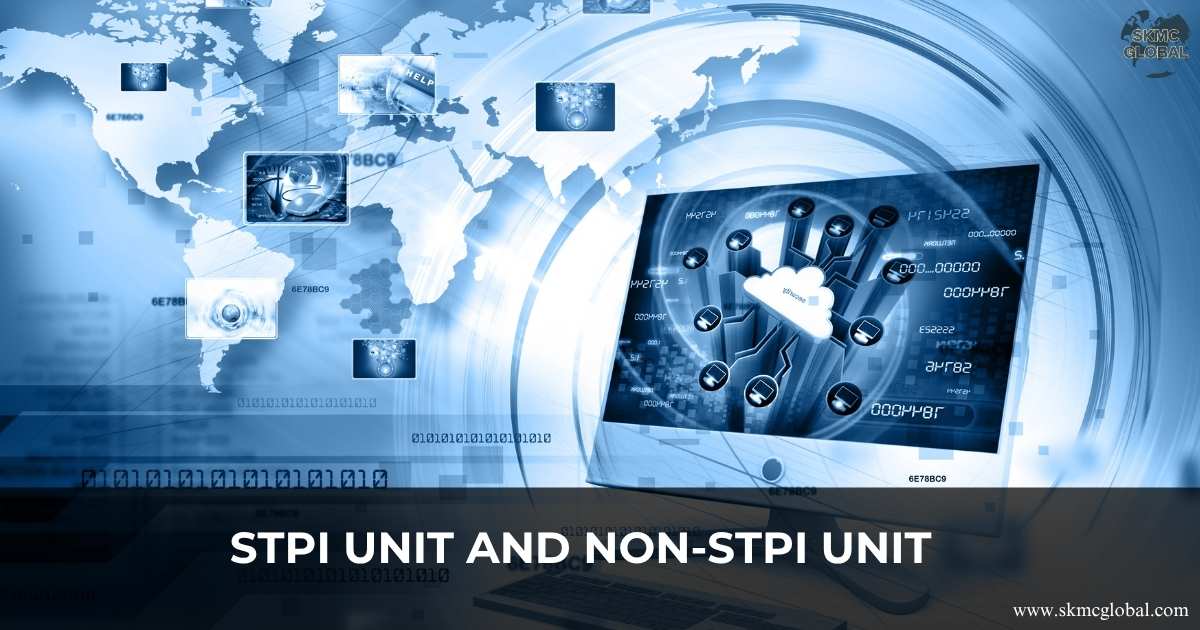 STPI Unit and Non-STPI Unit...
Oct 16,2025
STPI Unit and Non-STPI Unit...
Oct 16,2025
-
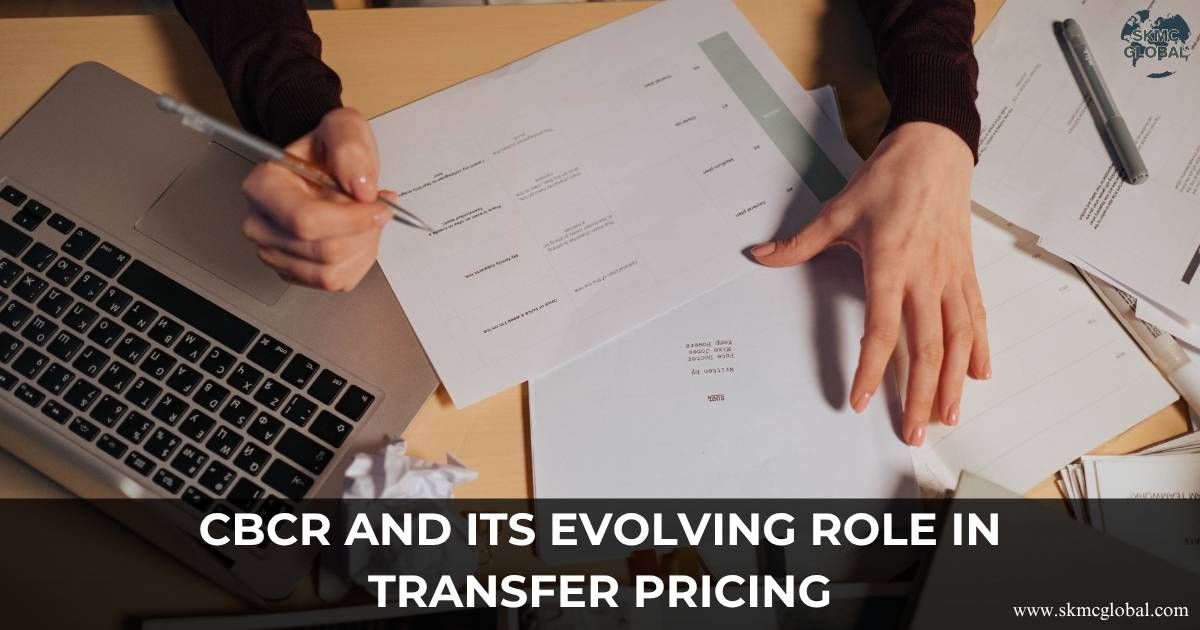 Country-by-Country Reporting (CbCR) and Its Evolvi...
Oct 09,2025
Country-by-Country Reporting (CbCR) and Its Evolvi...
Oct 09,2025
-
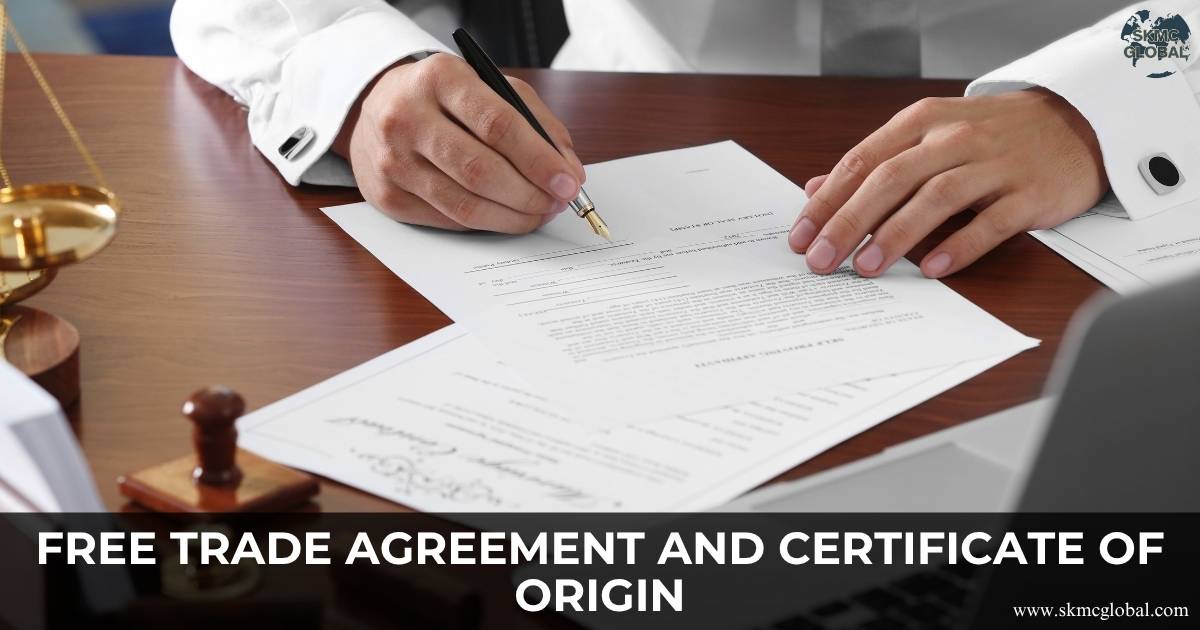 What is Free Trade Agreement and Certificate of Or...
Oct 08,2025
What is Free Trade Agreement and Certificate of Or...
Oct 08,2025
-
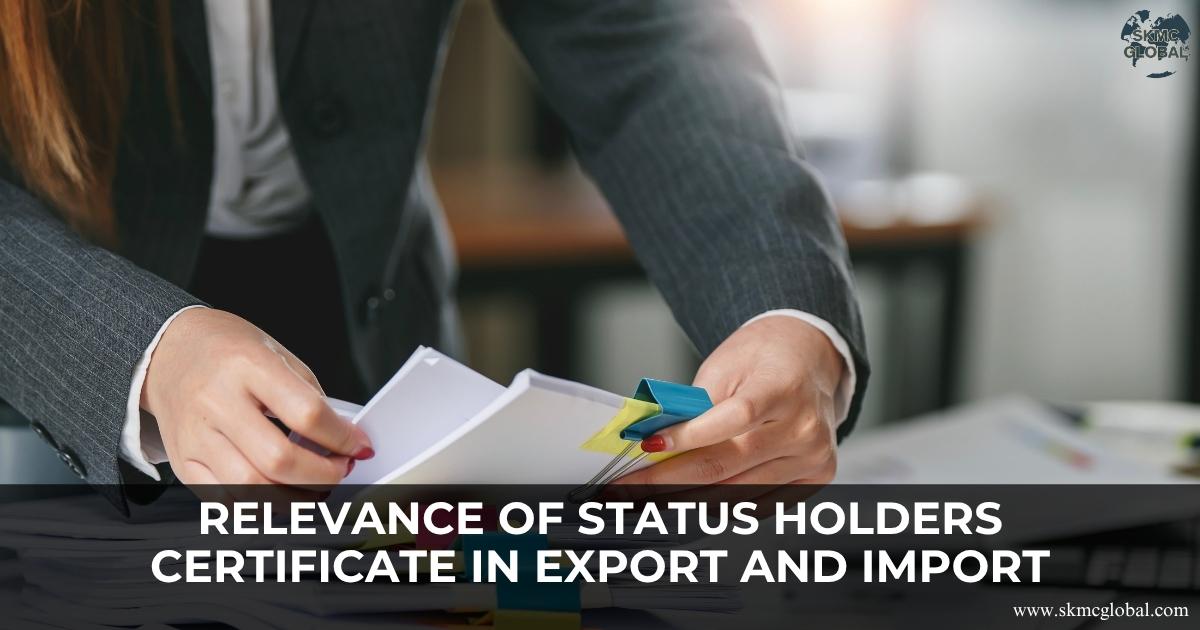 What is the relevance of status holders certificat...
Oct 06,2025
What is the relevance of status holders certificat...
Oct 06,2025
-
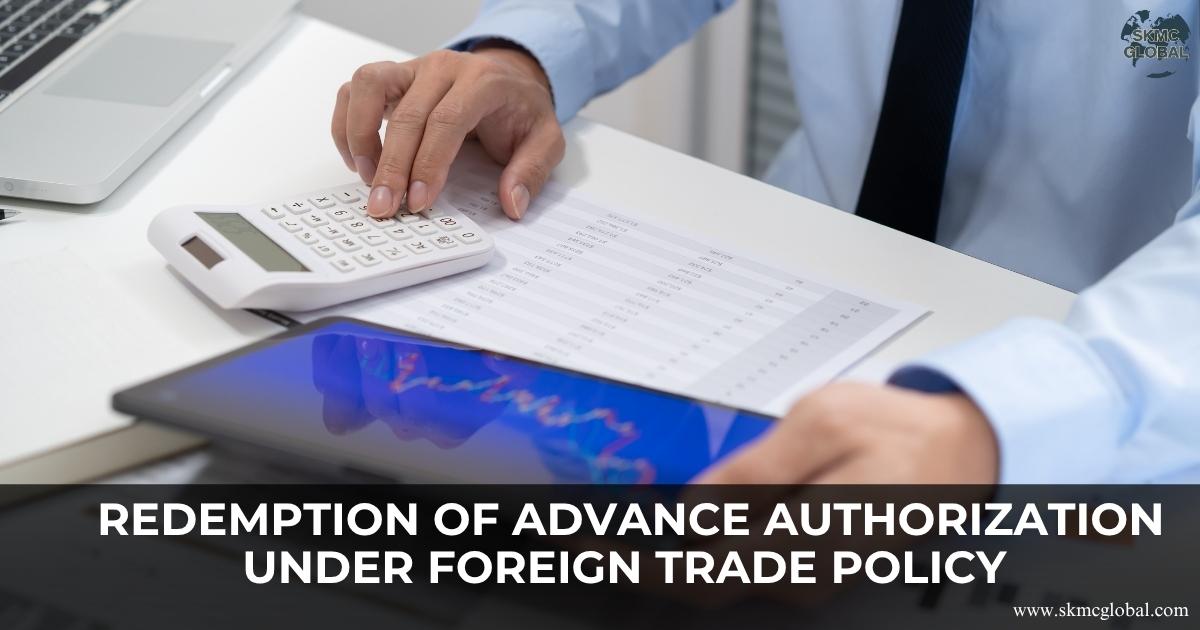 Redemption of Advance Authorization under Foreign ...
Oct 04,2025
Redemption of Advance Authorization under Foreign ...
Oct 04,2025
-
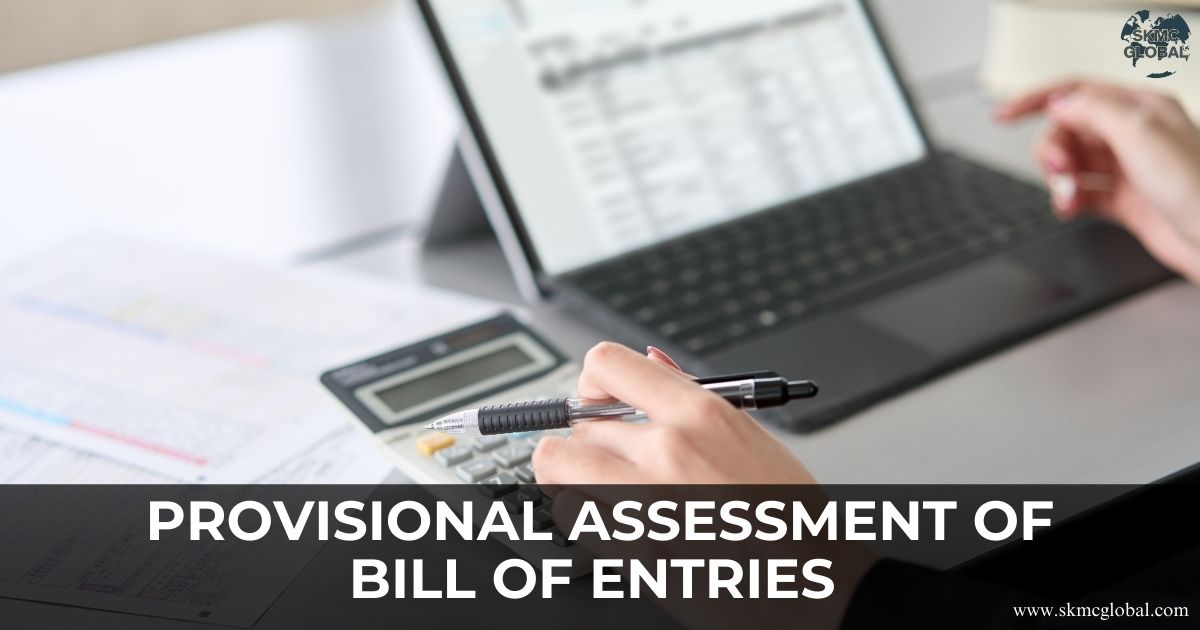 What is provisional assessment of Bill of Entries ...
Sep 29,2025
What is provisional assessment of Bill of Entries ...
Sep 29,2025
-
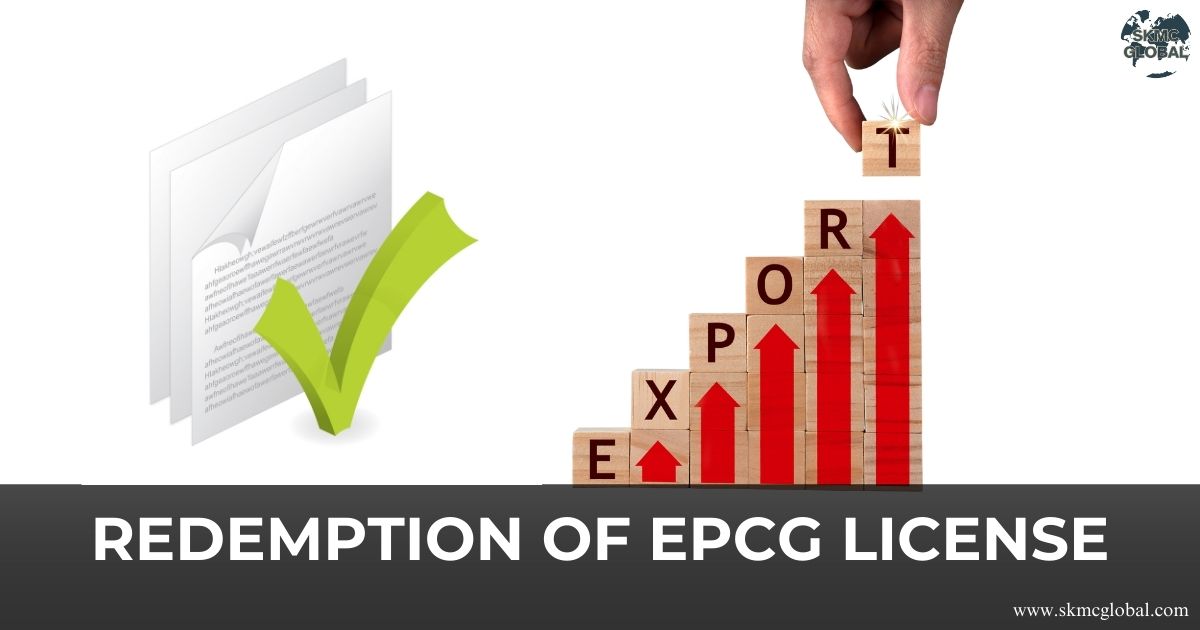 Redemption of EPCG License...
Sep 26,2025
Redemption of EPCG License...
Sep 26,2025
-
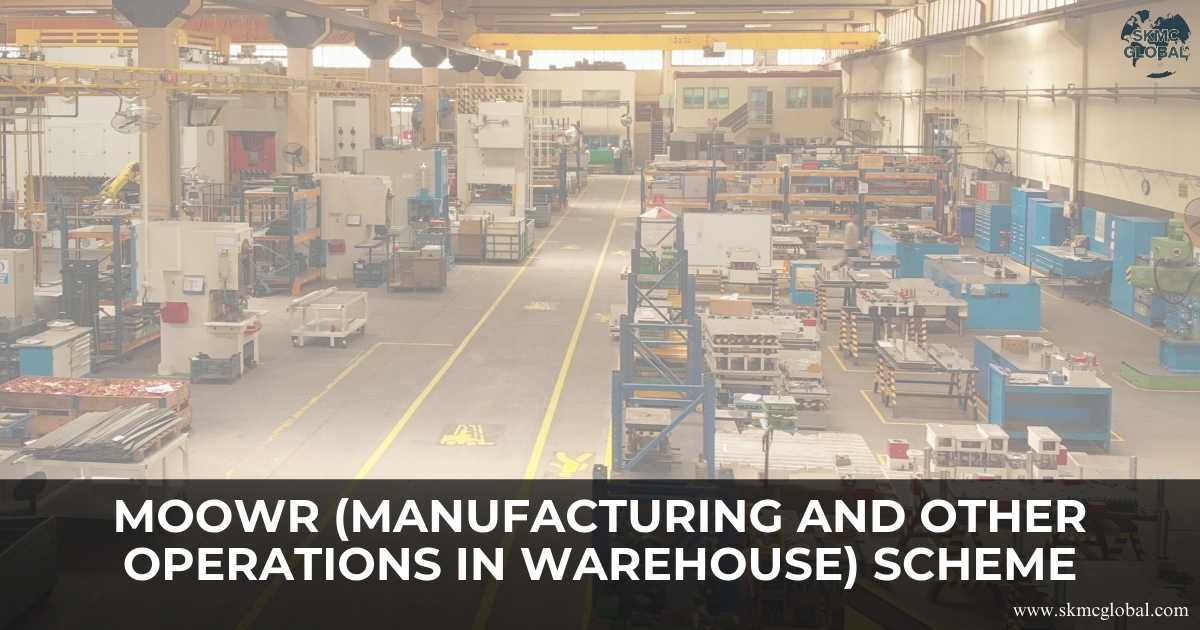 MOOWR (Manufacturing and Other Operations in Wareh...
Sep 24,2025
MOOWR (Manufacturing and Other Operations in Wareh...
Sep 24,2025
-
 Procedure to Apply SCOMET License...
Sep 22,2025
Procedure to Apply SCOMET License...
Sep 22,2025
-
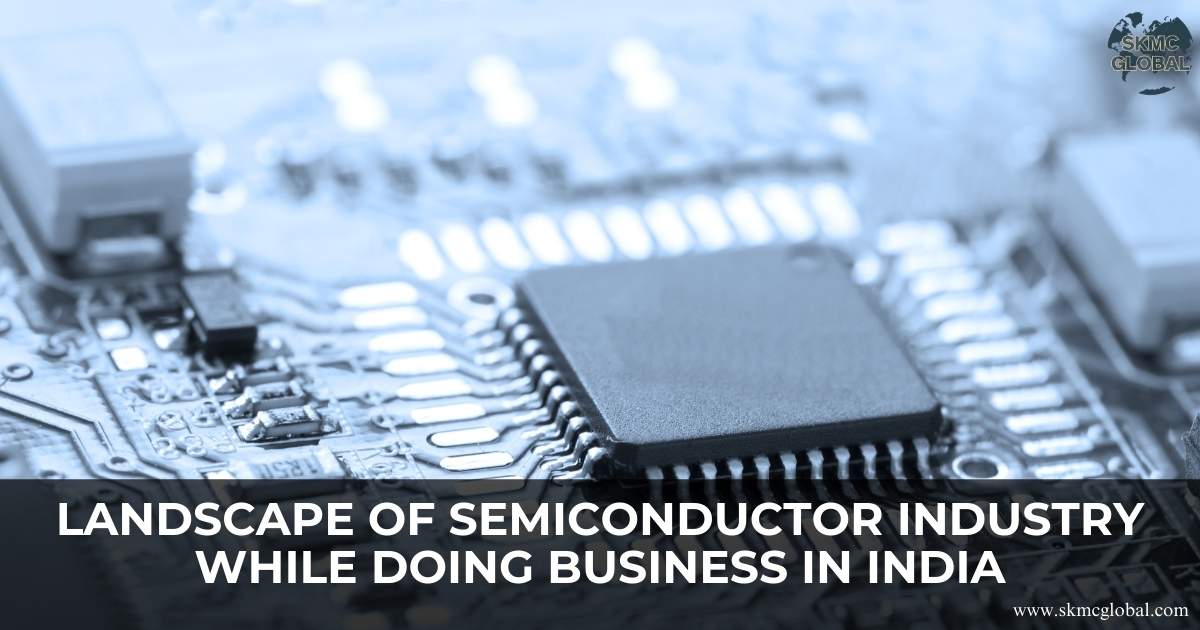 Landscape of Semiconductor Industry while Doing Bu...
Sep 18,2025
Landscape of Semiconductor Industry while Doing Bu...
Sep 18,2025
-
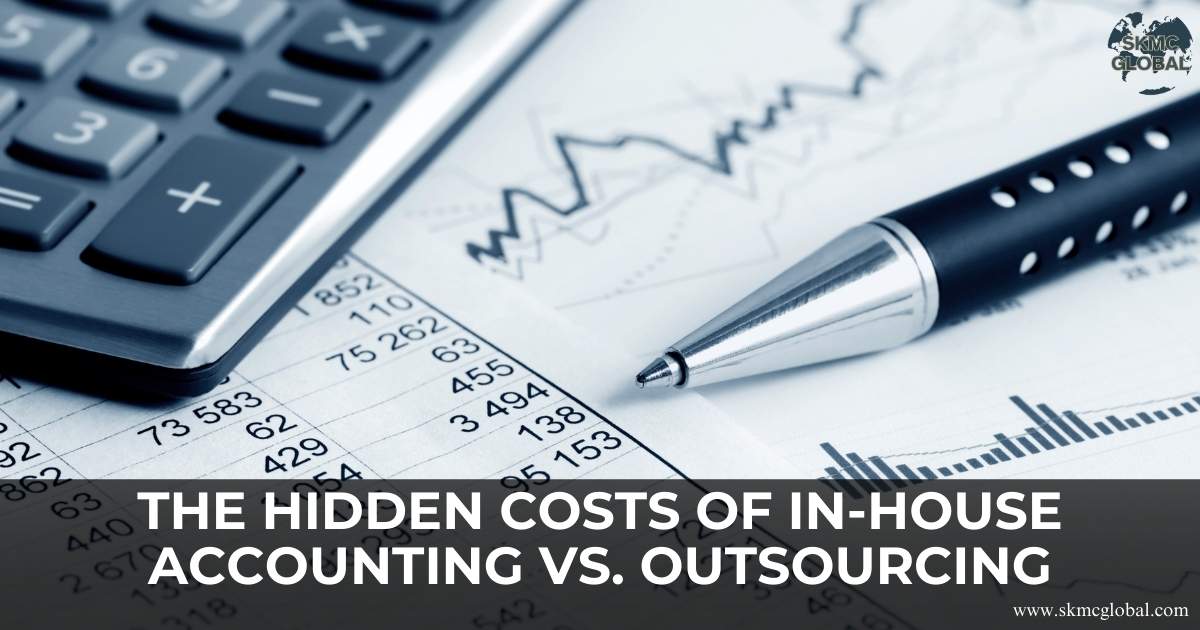 The Hidden Costs of In-House Accounting v/s Outsou...
Sep 17,2025
The Hidden Costs of In-House Accounting v/s Outsou...
Sep 17,2025
-
 TDS on sale of immovable property by an nri...
Sep 10,2025
TDS on sale of immovable property by an nri...
Sep 10,2025
-
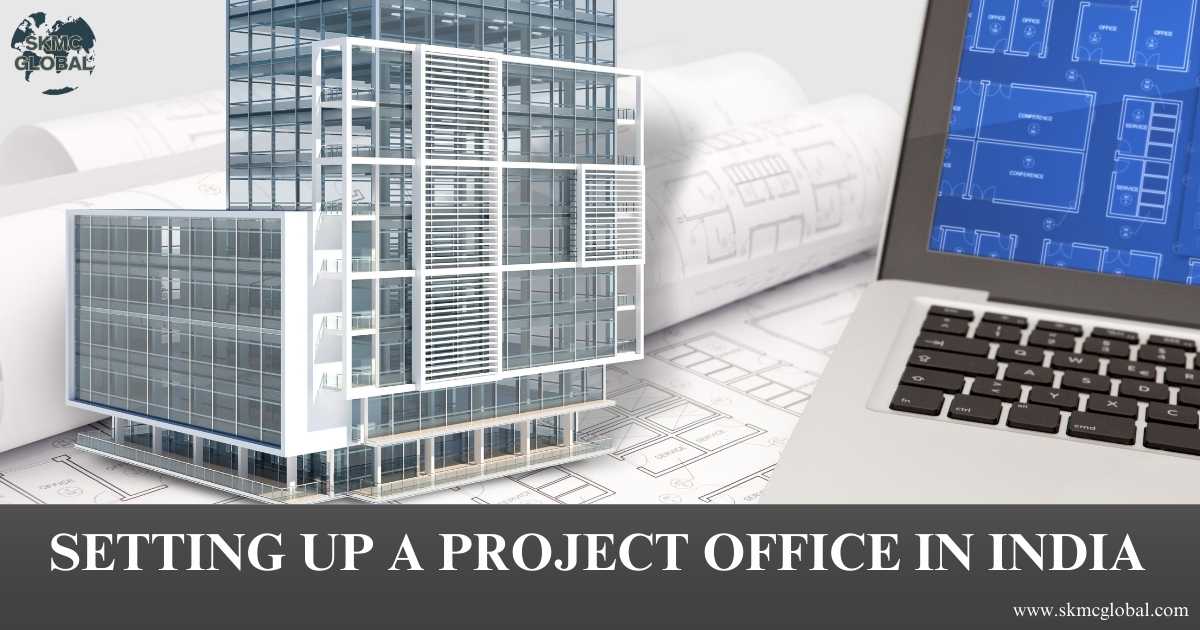 Setting up a Project Office in India...
Sep 08,2025
Setting up a Project Office in India...
Sep 08,2025
-
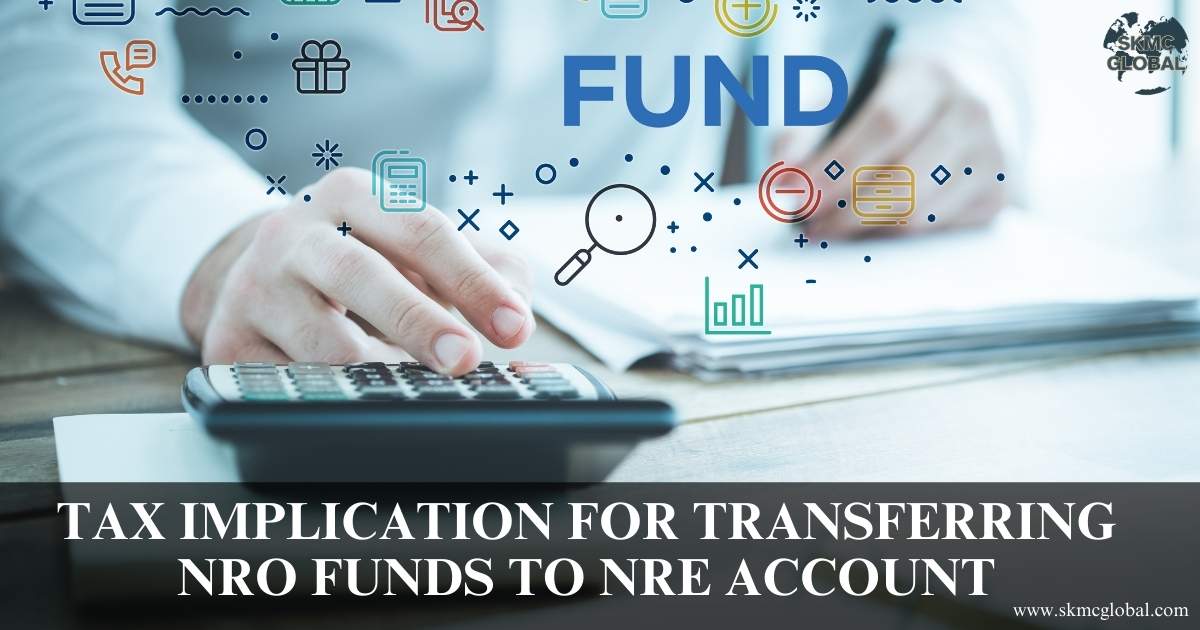 Tax Implication for Transferring NRO Funds to NRE ...
Sep 05,2025
Tax Implication for Transferring NRO Funds to NRE ...
Sep 05,2025
-
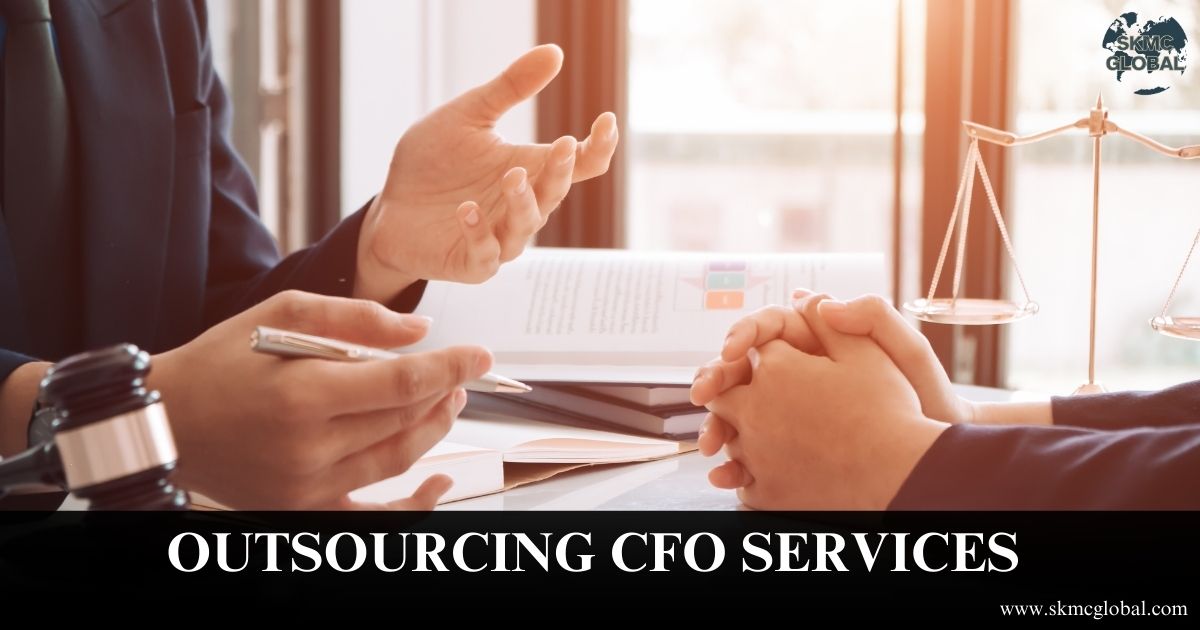 How outsourcing CFO services helps the corporates ...
Aug 27,2025
How outsourcing CFO services helps the corporates ...
Aug 27,2025
-
 Why a Periodical Cash Flow Statement is Necessary ...
Aug 26,2025
Why a Periodical Cash Flow Statement is Necessary ...
Aug 26,2025
-
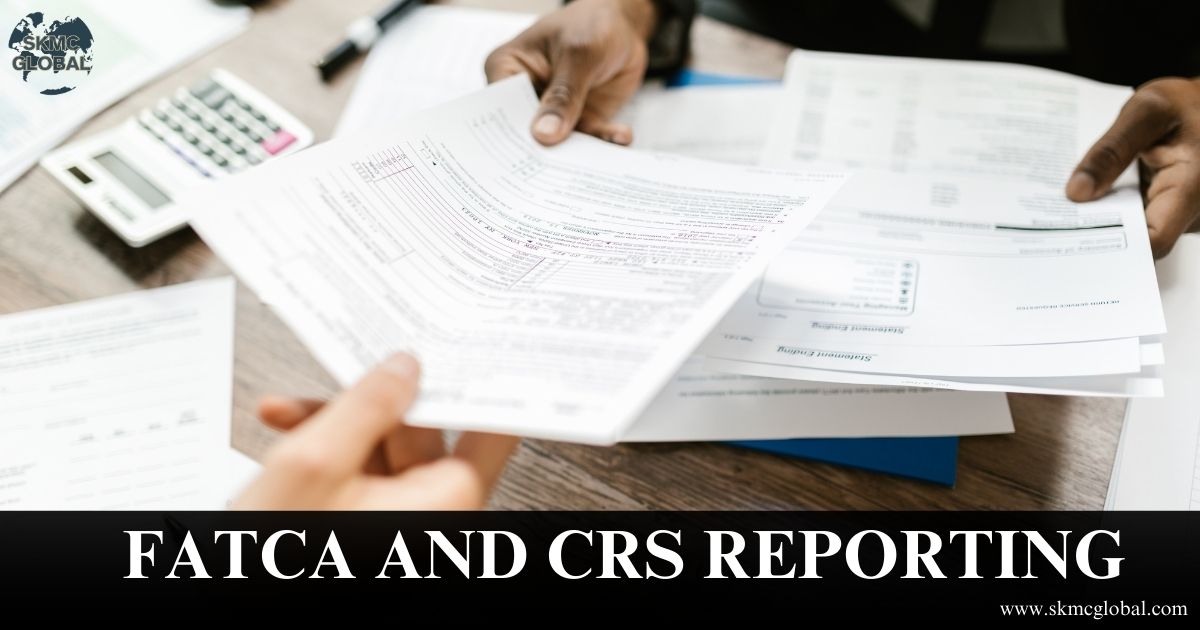 What is FATCA and CRS reporting and its difference...
Aug 22,2025
What is FATCA and CRS reporting and its difference...
Aug 22,2025
-
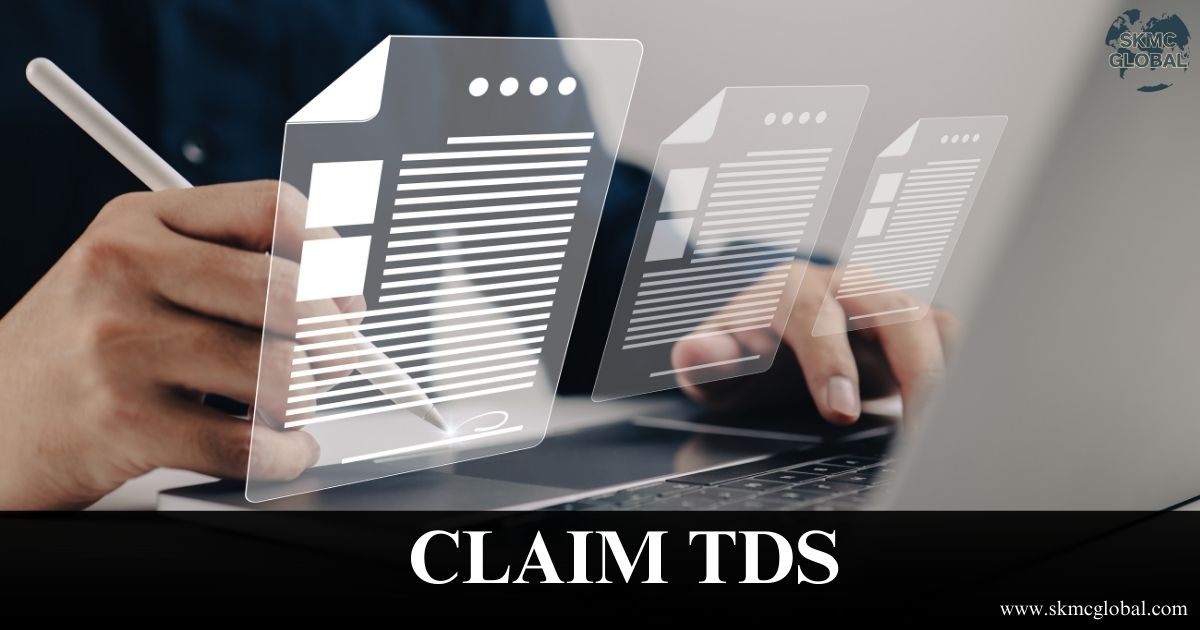 What are unclaimed TDS Credits and how to claim it...
Aug 21,2025
What are unclaimed TDS Credits and how to claim it...
Aug 21,2025
-
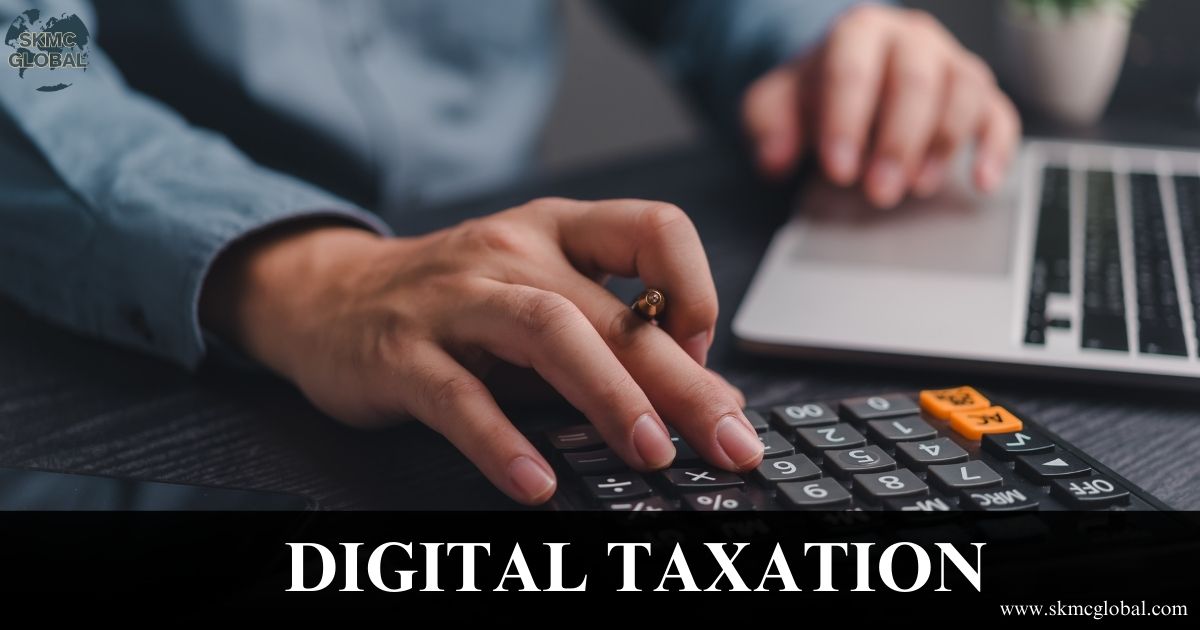 Digital Taxation is reshaping Tax Nexus Between Ju...
Aug 20,2025
Digital Taxation is reshaping Tax Nexus Between Ju...
Aug 20,2025
-
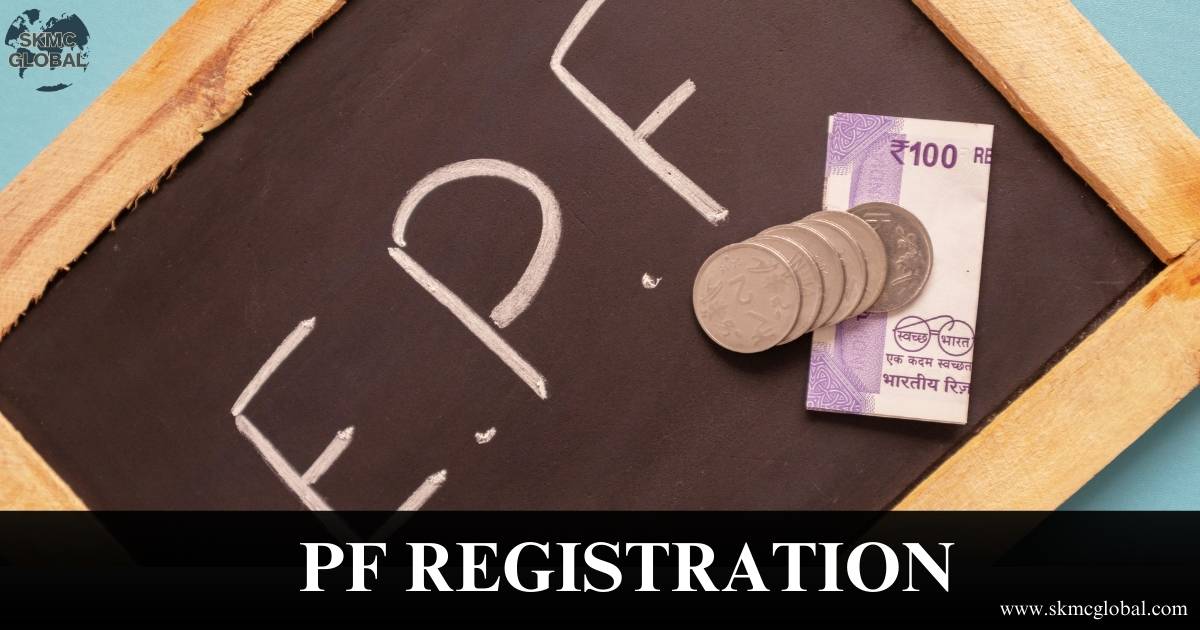 Procedure to Take PF Registration and Its Complian...
Aug 18,2025
Procedure to Take PF Registration and Its Complian...
Aug 18,2025
-
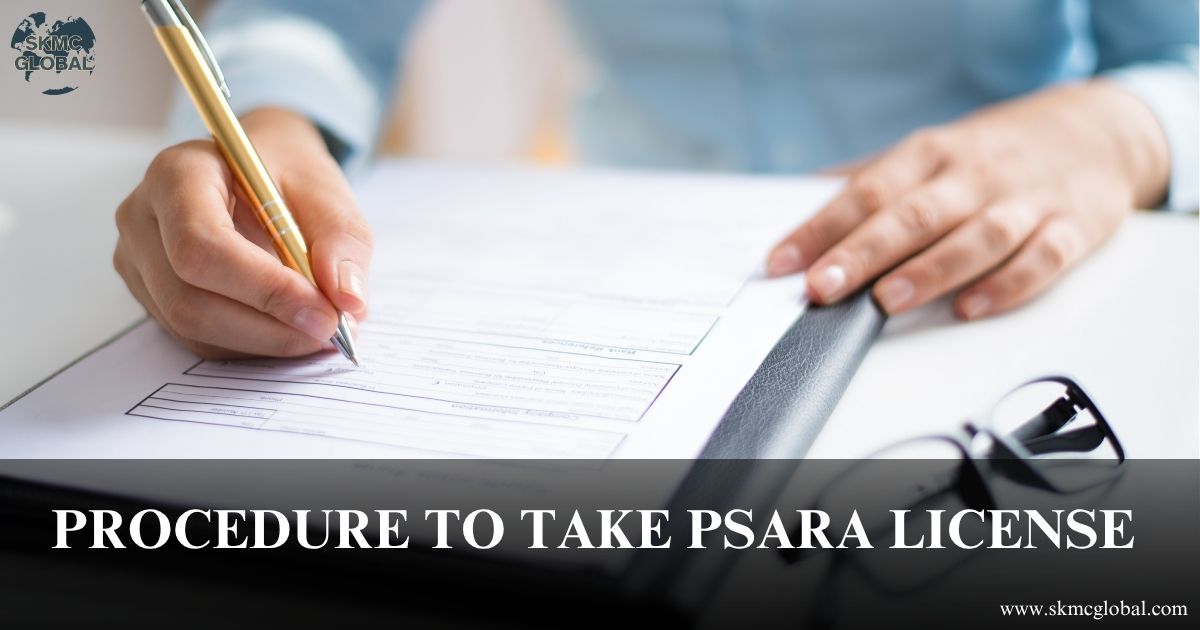 Procedure to take PSARA License...
Aug 11,2025
Procedure to take PSARA License...
Aug 11,2025
-
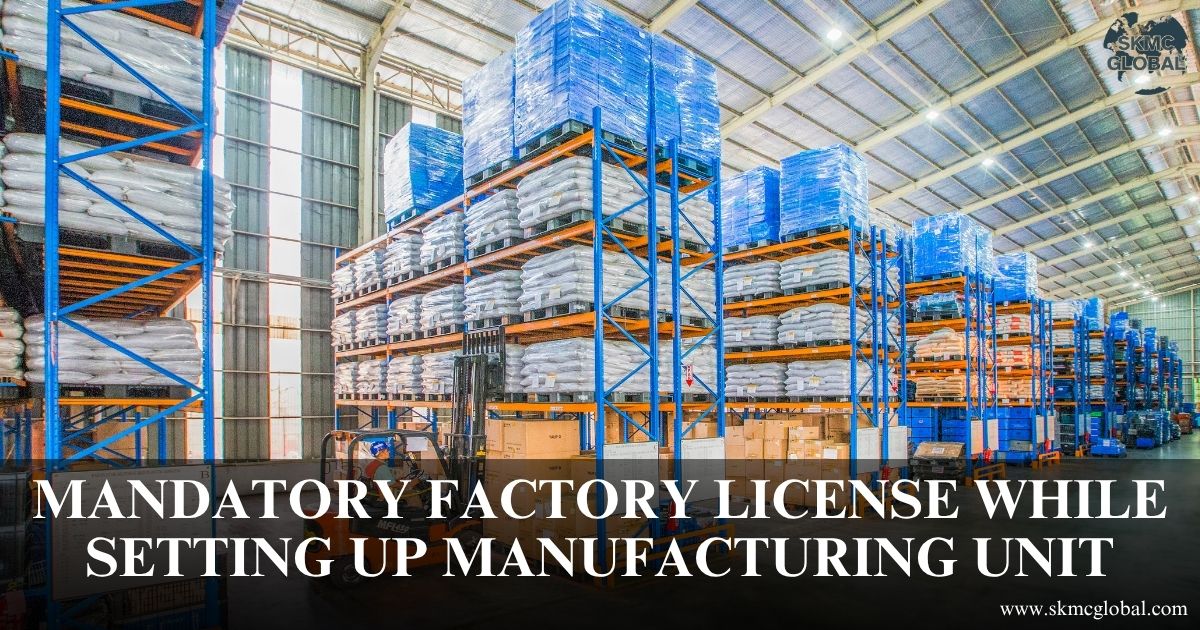 Mandatory factory license while setting up manufac...
Aug 08,2025
Mandatory factory license while setting up manufac...
Aug 08,2025
-
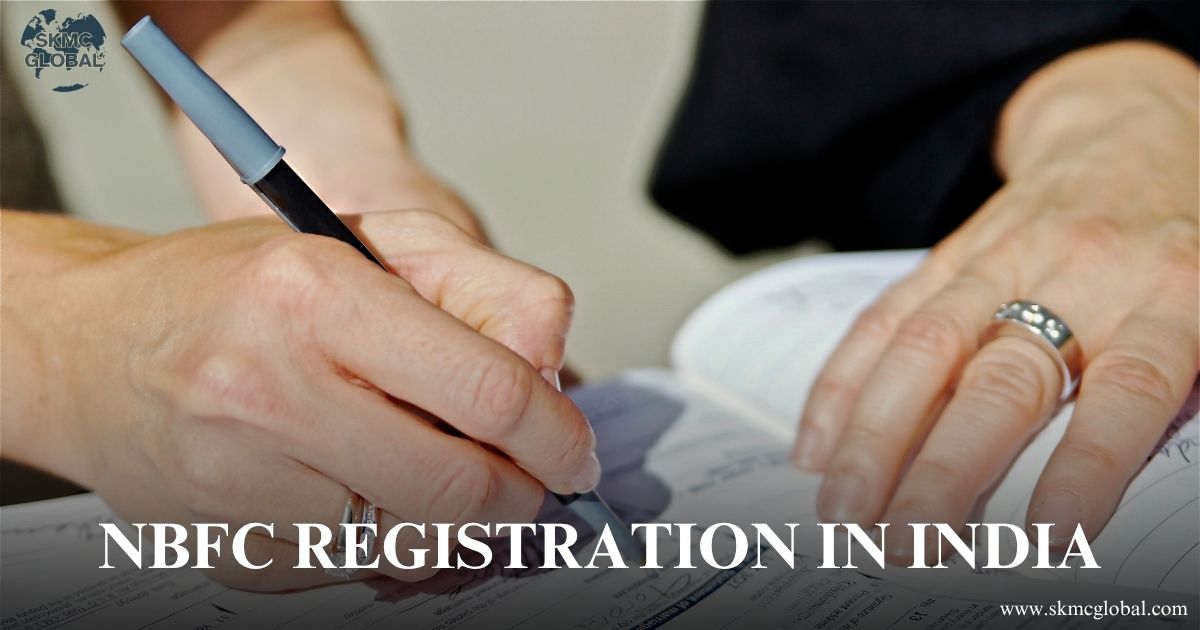 Procedure for obtaining NBFC Registration in India...
Aug 04,2025
Procedure for obtaining NBFC Registration in India...
Aug 04,2025
-
 FSSAI License registration for Food Business...
Jul 14,2025
FSSAI License registration for Food Business...
Jul 14,2025
-
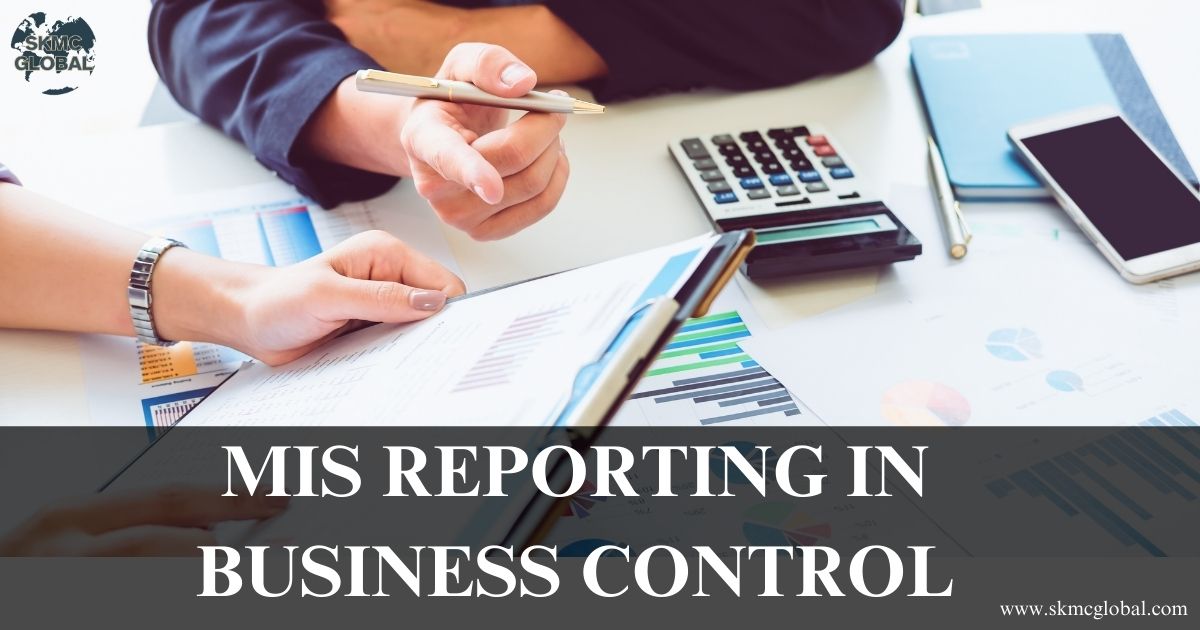 How Management Information System (MIS) reporting ...
Jul 11,2025
How Management Information System (MIS) reporting ...
Jul 11,2025
-
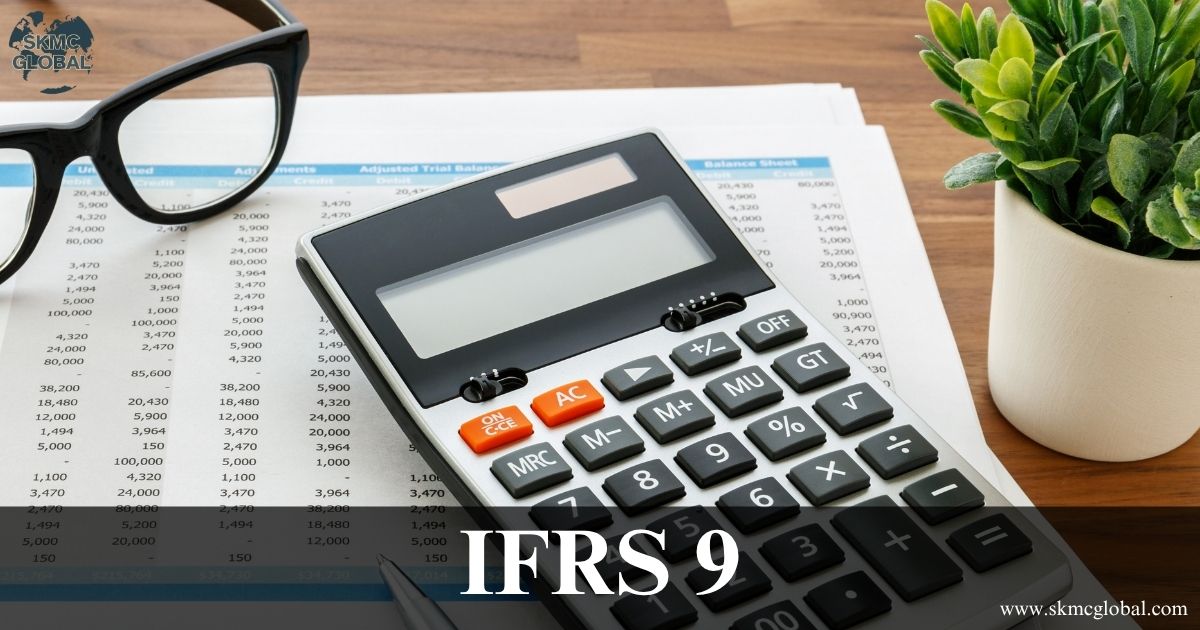 IFRS 9 impairment- A complete guide...
Jul 12,2025
IFRS 9 impairment- A complete guide...
Jul 12,2025
-
 Why most of the companies are shifting to hr and p...
Jul 10,2025
Why most of the companies are shifting to hr and p...
Jul 10,2025
-
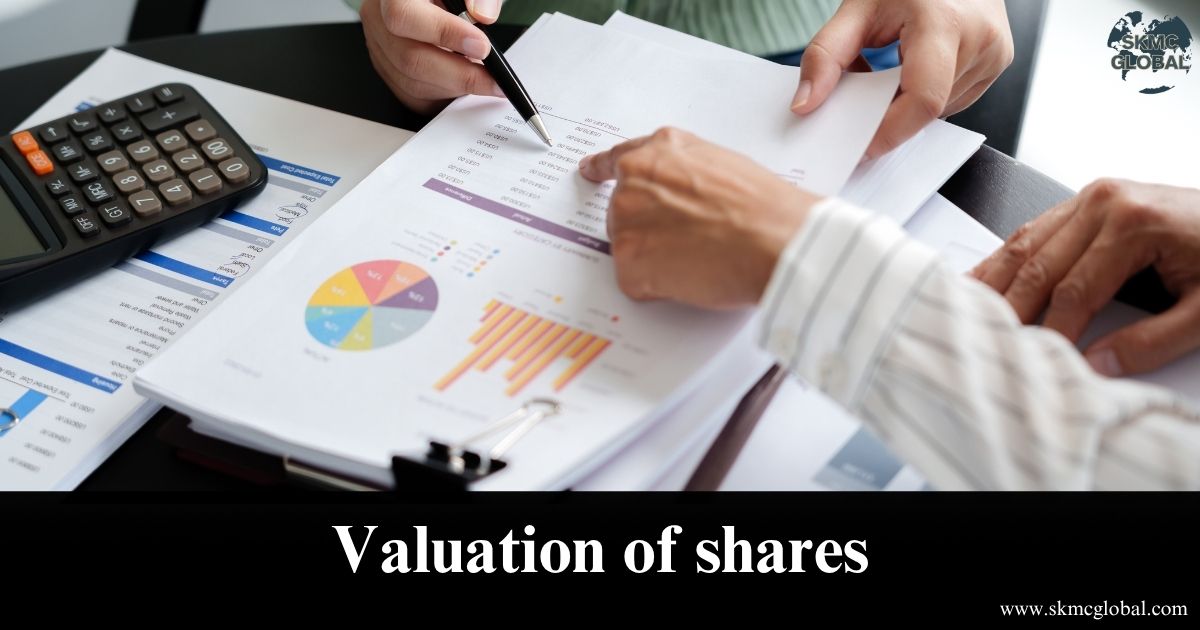 A complete guide on valuation of shares...
Jul 10,2025
A complete guide on valuation of shares...
Jul 10,2025
-
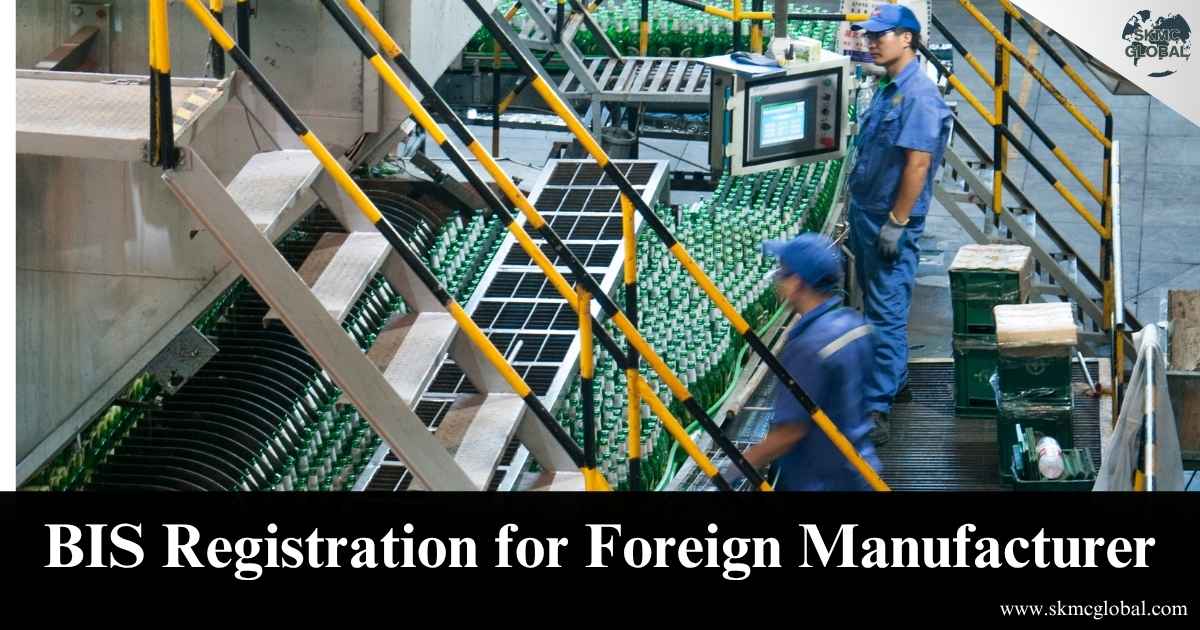 BIS registration for foreign manufacturer...
Jul 09,2025
BIS registration for foreign manufacturer...
Jul 09,2025
-
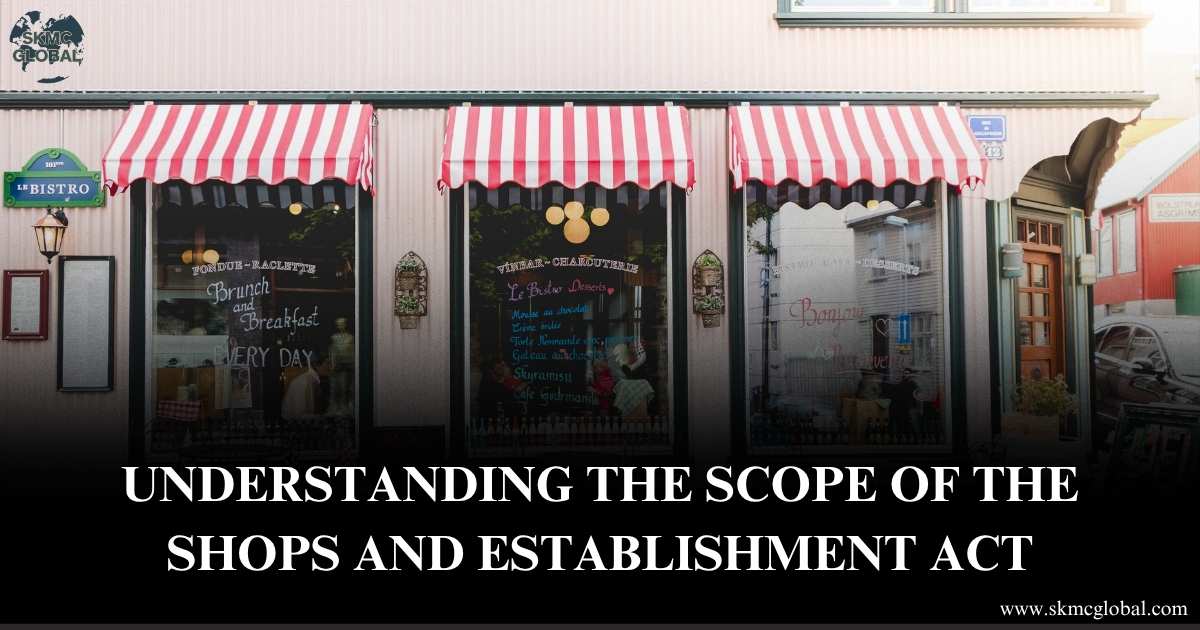 Understanding the Scope of the Shops and Establish...
Jul 08,2025
Understanding the Scope of the Shops and Establish...
Jul 08,2025
-
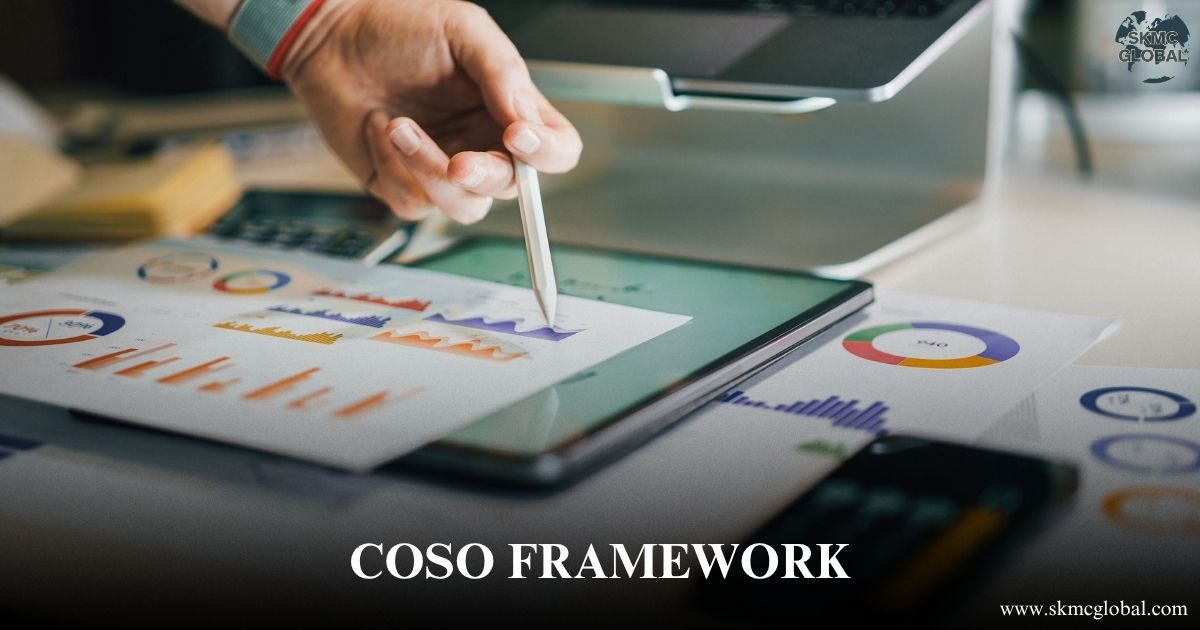 Coso framework: Complete guide on internal control...
Jun 26,2025
Coso framework: Complete guide on internal control...
Jun 26,2025
-
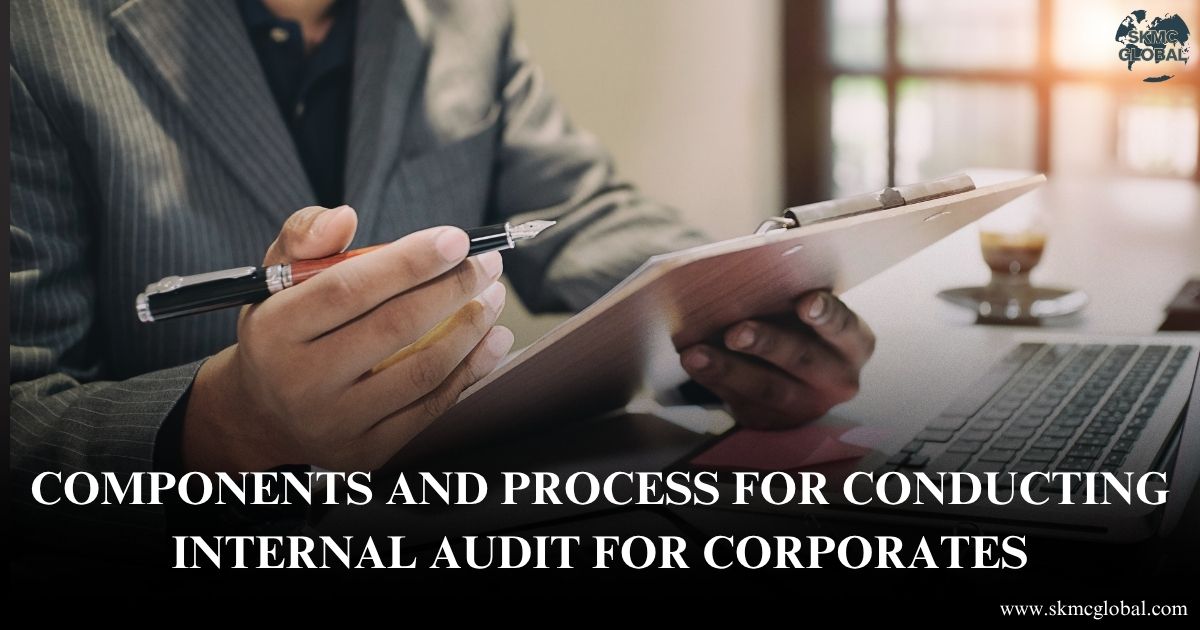 Components and Process for Conducting Internal Aud...
Jun 25,2025
Components and Process for Conducting Internal Aud...
Jun 25,2025
-
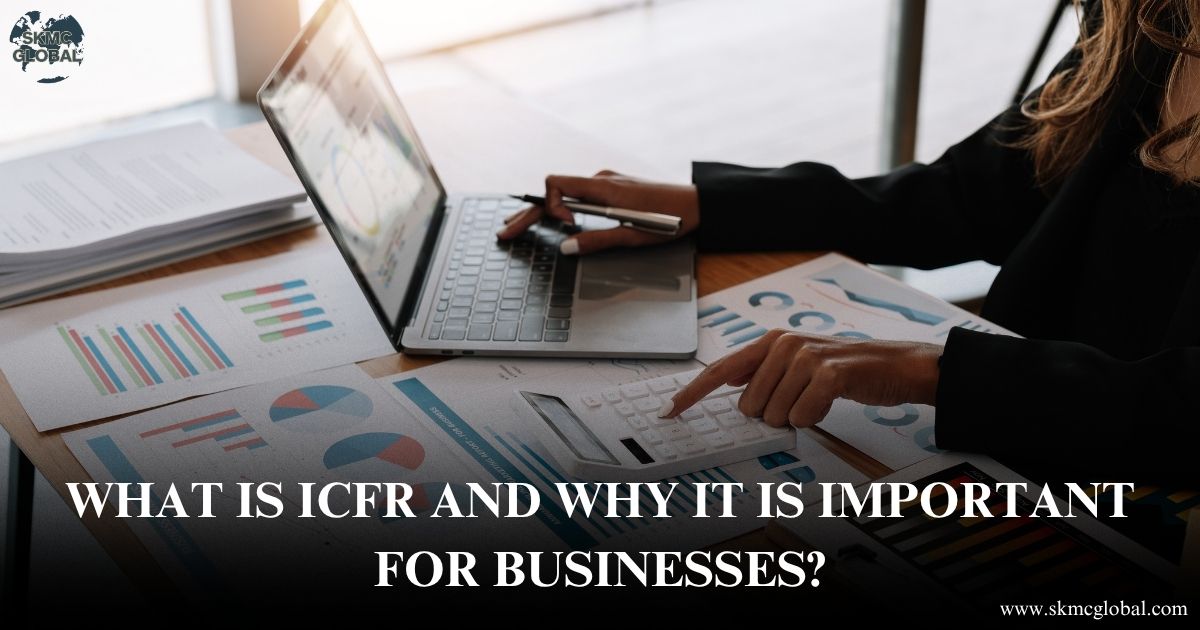 What is ICFR and Why It is Important for Businesse...
Jun 24,2025
What is ICFR and Why It is Important for Businesse...
Jun 24,2025
-
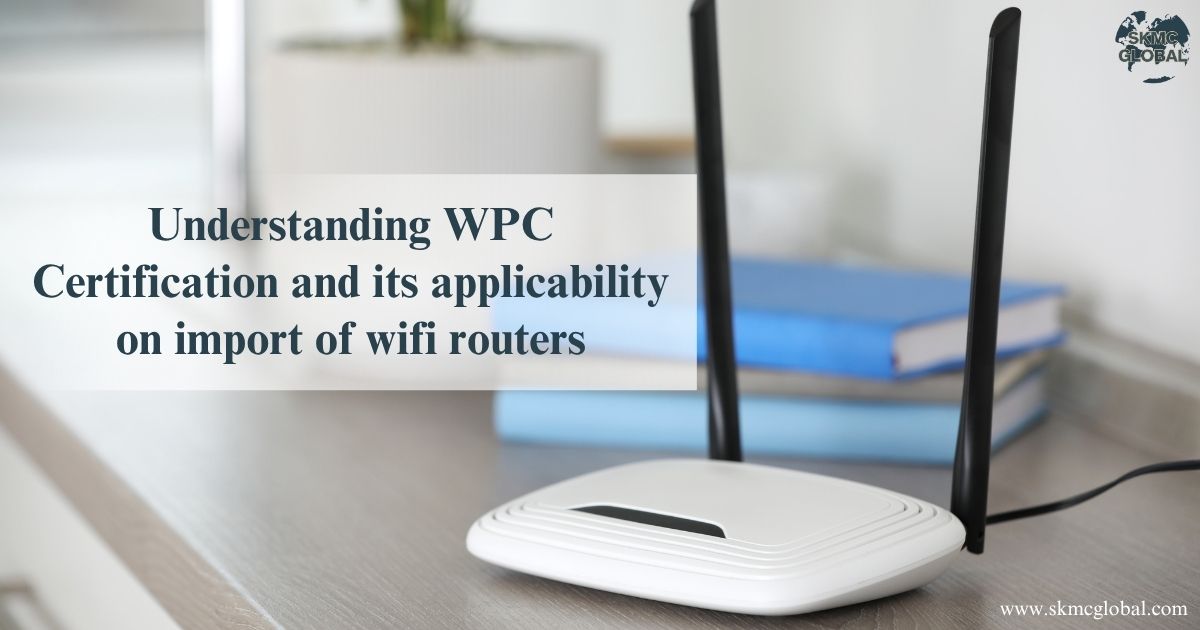 Understanding WPC Certification and its applicabil...
Jun 23,2025
Understanding WPC Certification and its applicabil...
Jun 23,2025
-
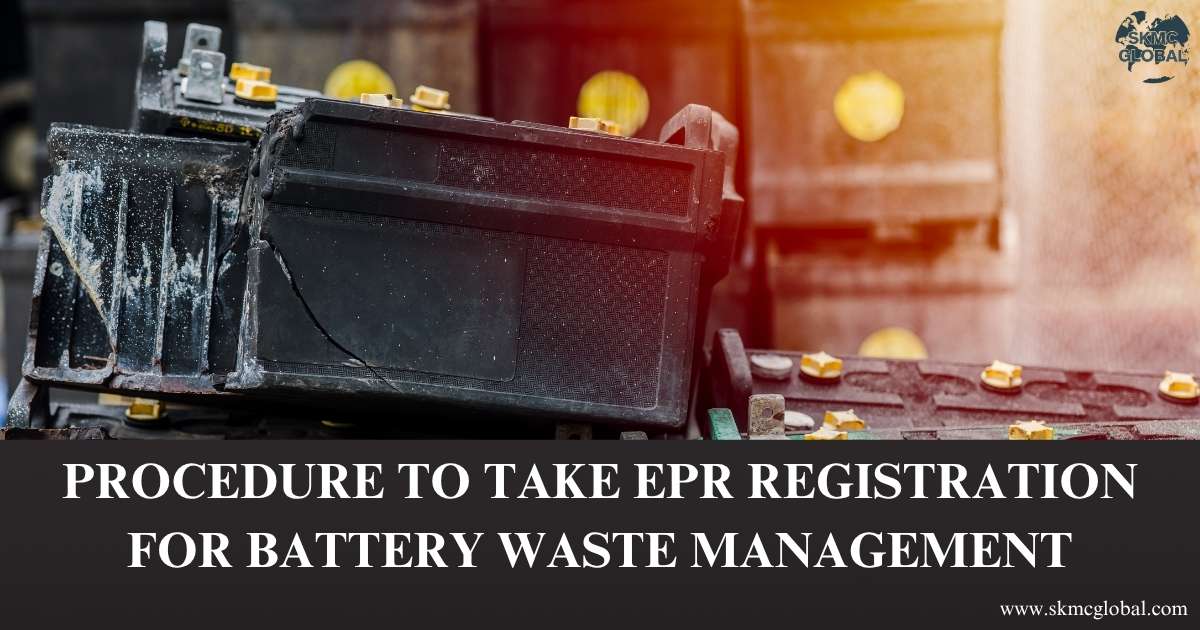 Procedure to take EPR registration for battery was...
Jun 21,2025
Procedure to take EPR registration for battery was...
Jun 21,2025
-
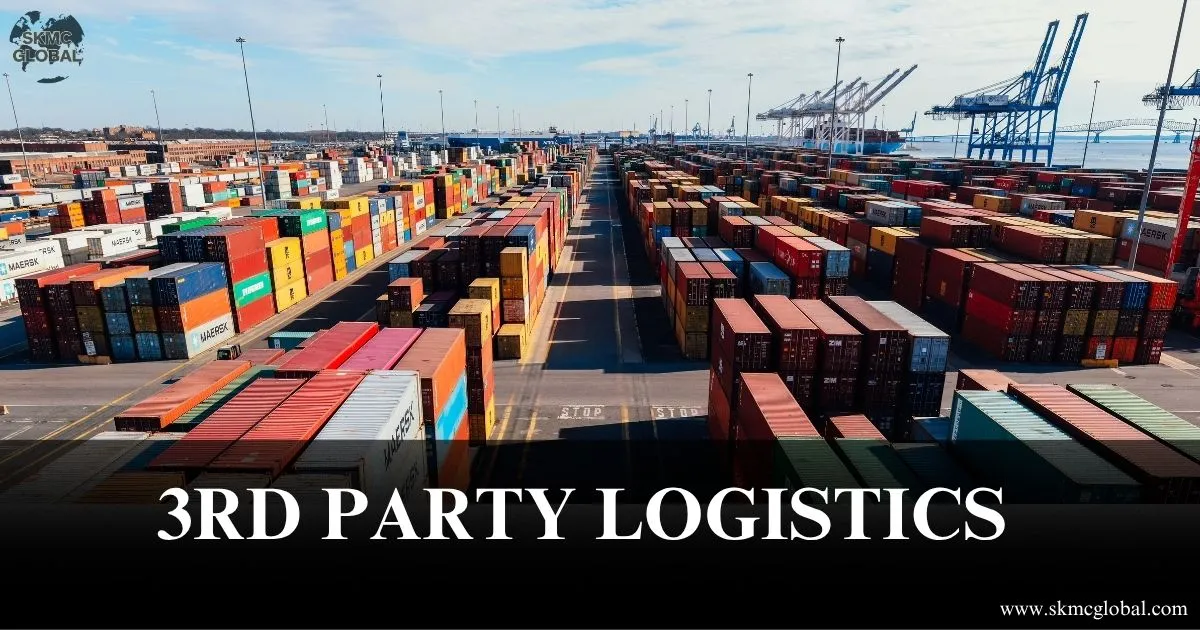 3PL Logistics...
Jun 19,2025
3PL Logistics...
Jun 19,2025
-
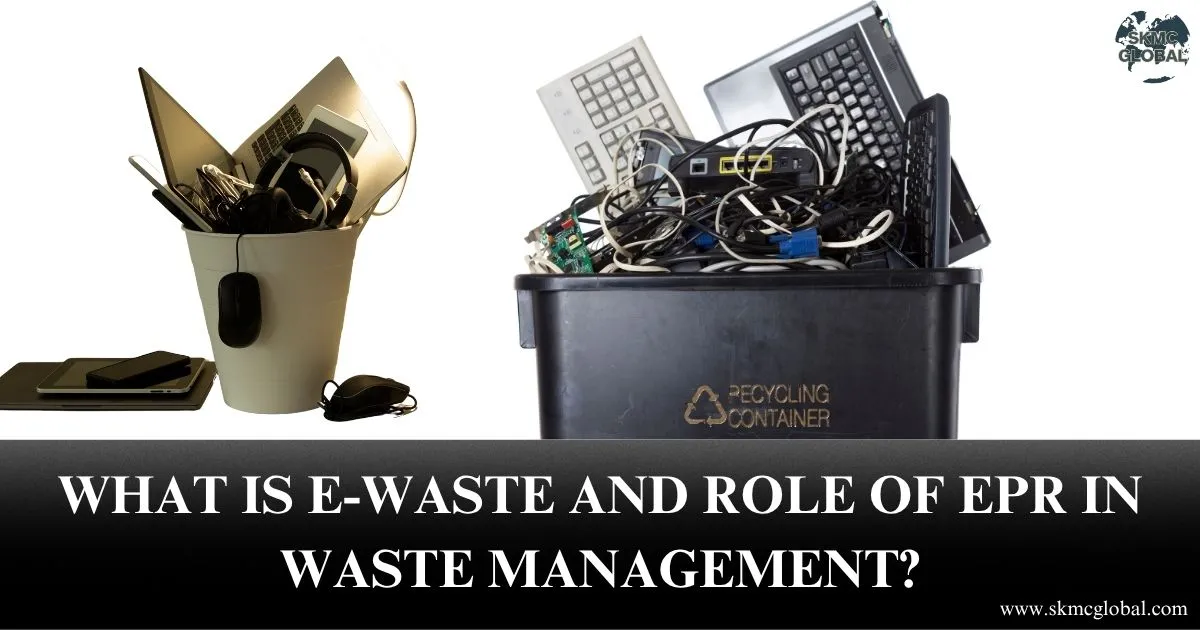 What is E-Waste and role of EPR in Waste Managemen...
Jun 17,2025
What is E-Waste and role of EPR in Waste Managemen...
Jun 17,2025
-
 M&A Due Diligence in India: How to Spot Target Com...
Jun 16,2025
M&A Due Diligence in India: How to Spot Target Com...
Jun 16,2025
-
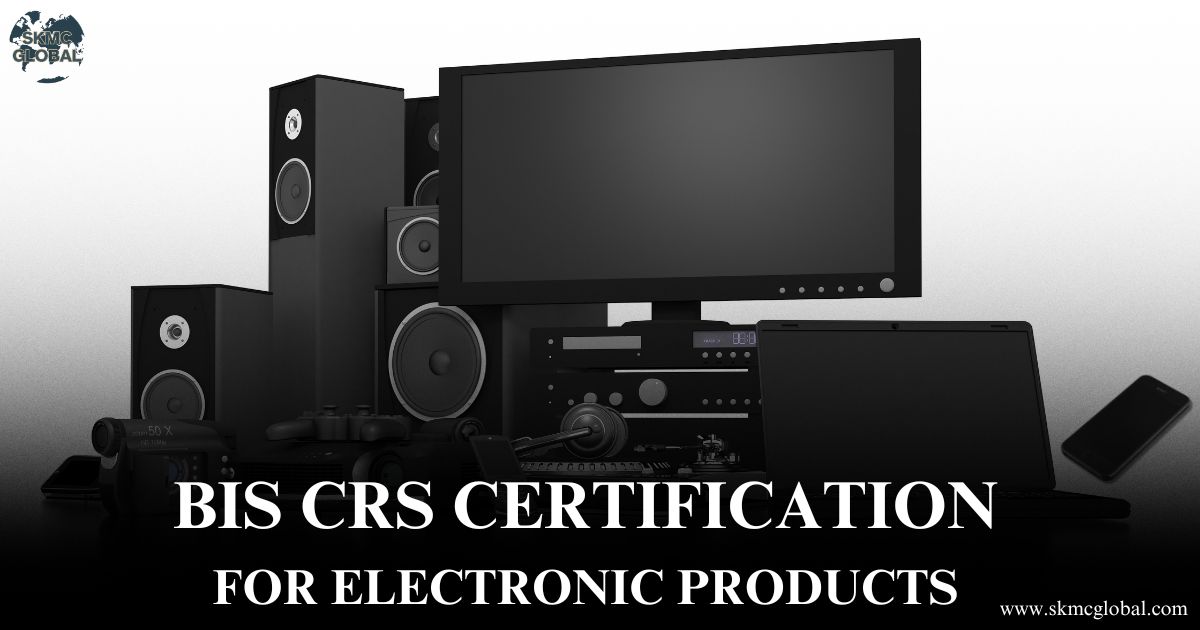 BIS crs certification for electronic products...
Jun 12,2025
BIS crs certification for electronic products...
Jun 12,2025
-
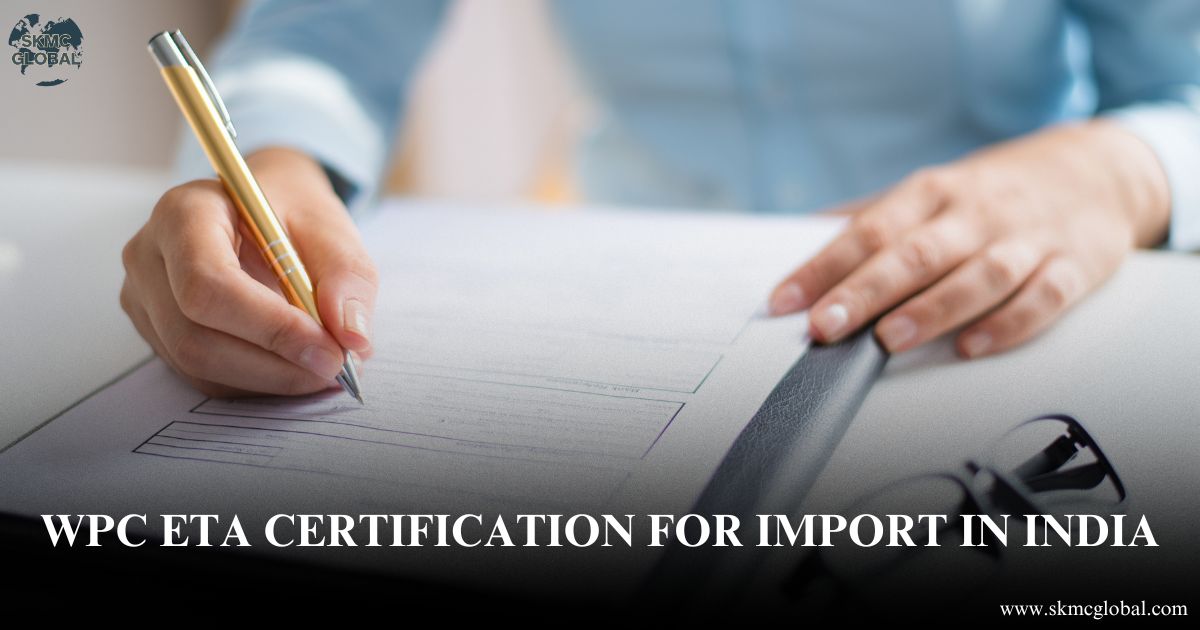 All you need to know about WPC ETA certification f...
Jun 11,2025
All you need to know about WPC ETA certification f...
Jun 11,2025
-
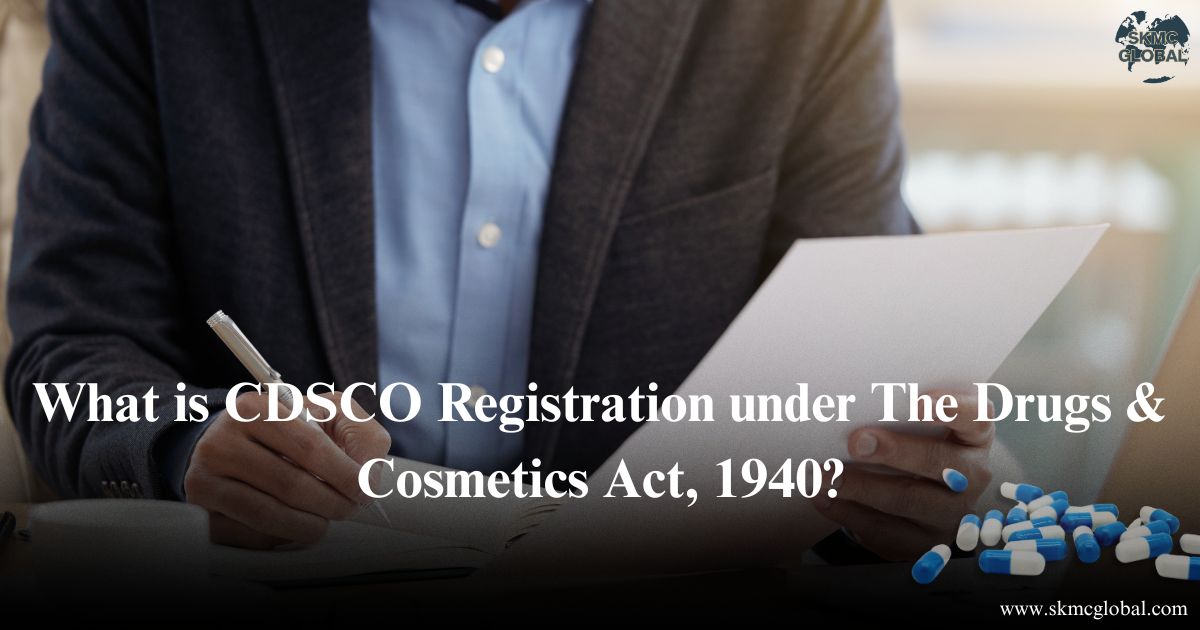 What is CDSCO Registration under The Drugs & Cosme...
Jun 10,2025
What is CDSCO Registration under The Drugs & Cosme...
Jun 10,2025
-
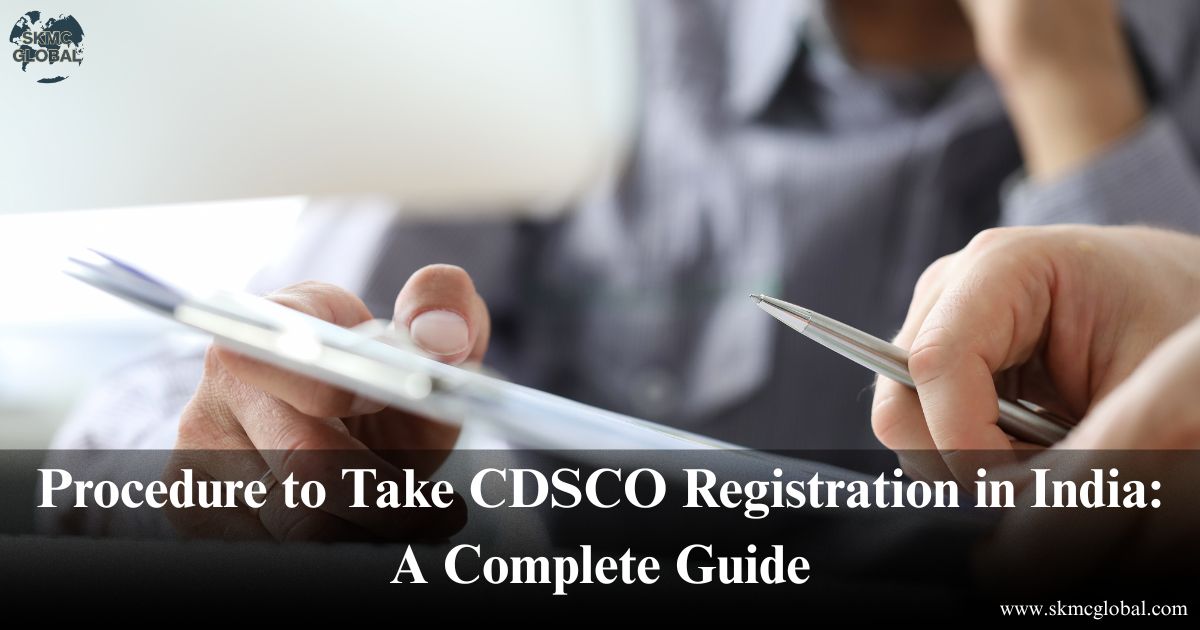 Procedure to Take CDSCO Registration in India: A C...
Jun 09,2025
Procedure to Take CDSCO Registration in India: A C...
Jun 09,2025
-
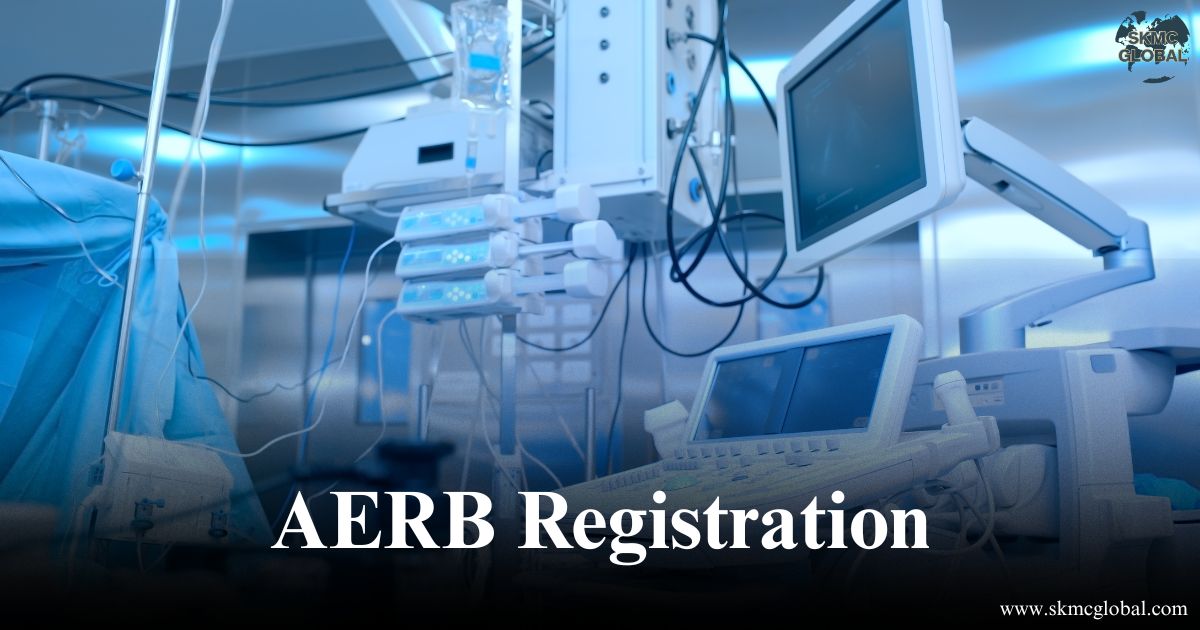 All You Need to Know About AERB Registration...
Jun 07,2025
All You Need to Know About AERB Registration...
Jun 07,2025
-
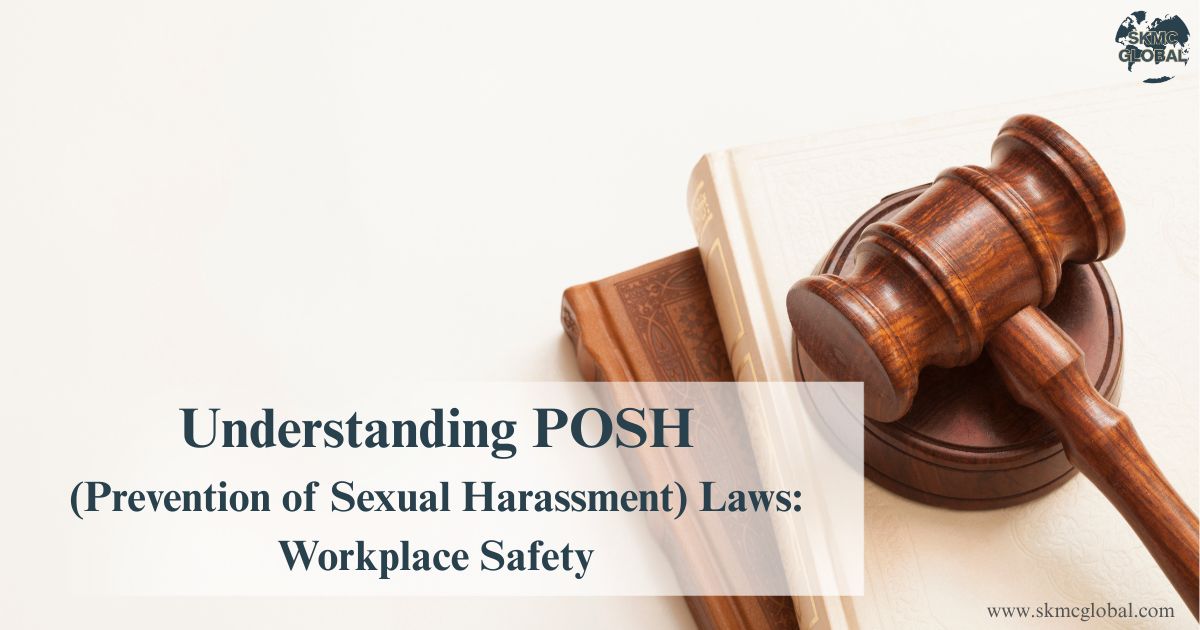 Understanding POSH (Prevention of Sexual Harassmen...
Jun 03,2025
Understanding POSH (Prevention of Sexual Harassmen...
Jun 03,2025
-
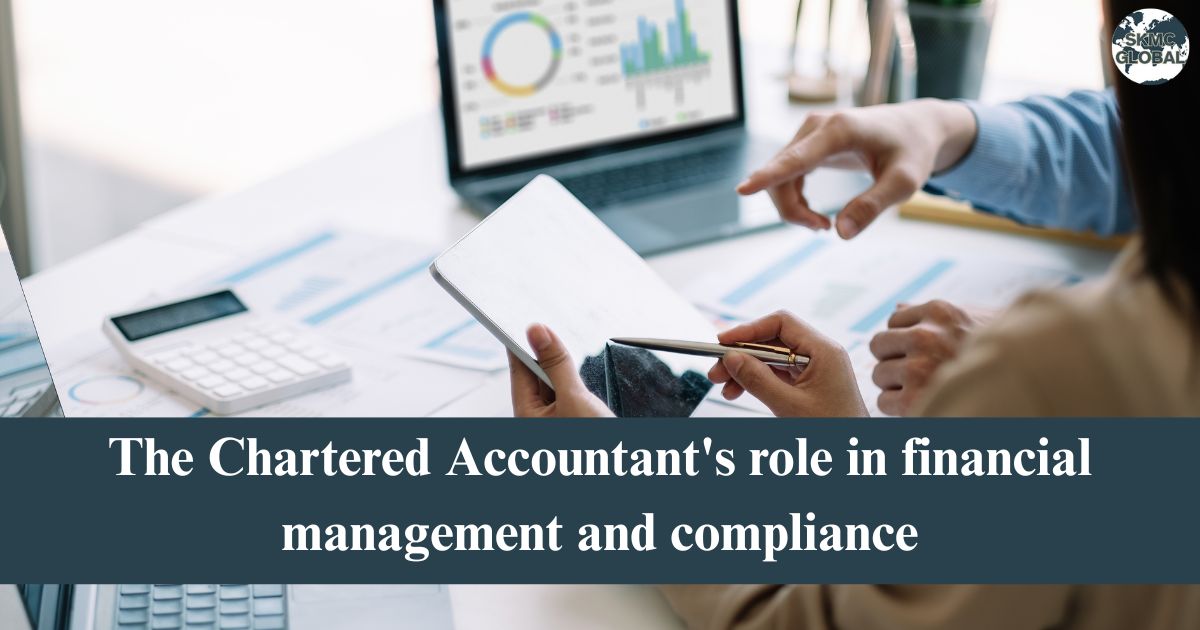 Chartered Accountant's role in financial managemen...
May 23,2025
Chartered Accountant's role in financial managemen...
May 23,2025
-
 5 Things to keep in your mind while running payrol...
May 17,2025
5 Things to keep in your mind while running payrol...
May 17,2025
-
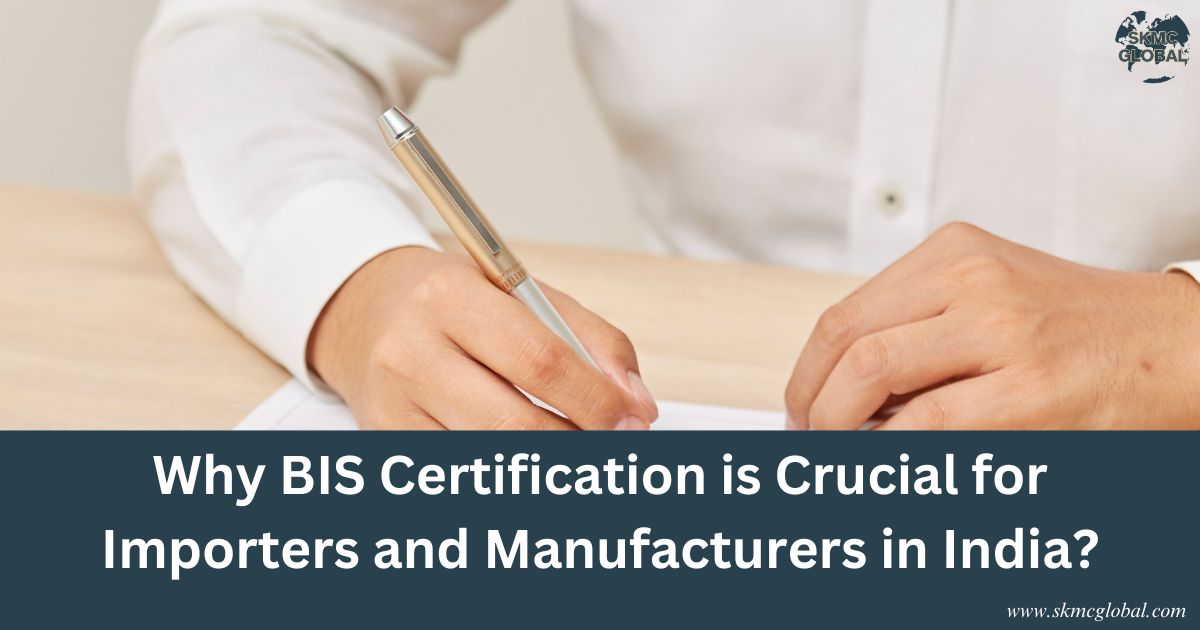 Why BIS Certification is Crucial for Importers and...
May 15,2025
Why BIS Certification is Crucial for Importers and...
May 15,2025
-
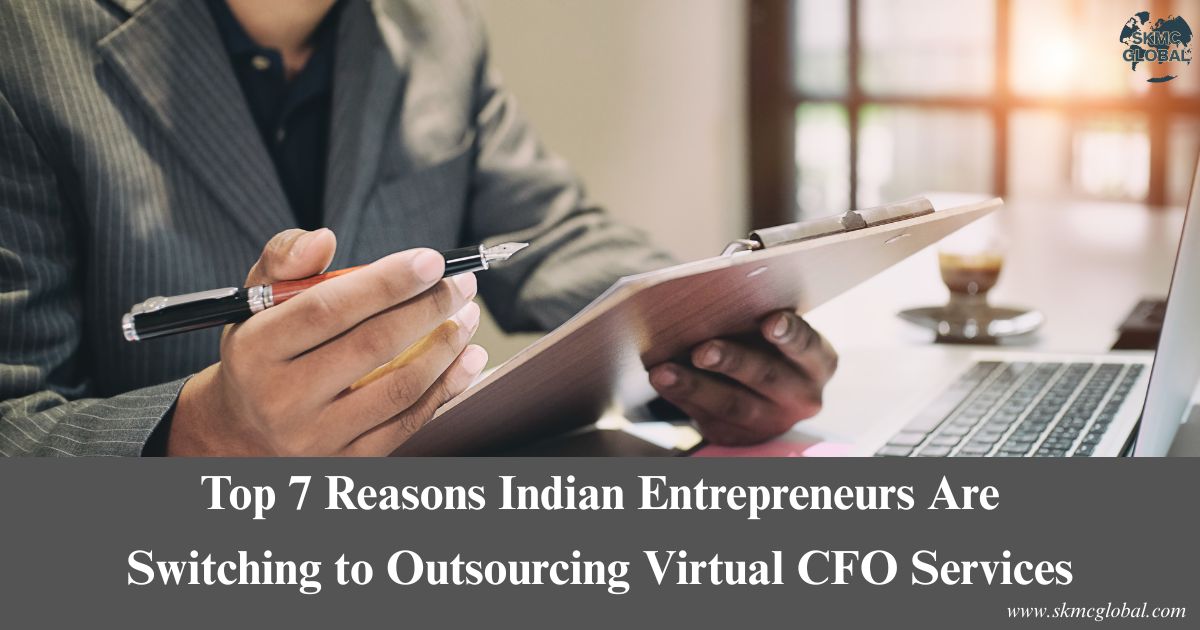 Top 7 Reasons Indian Entrepreneurs Are Switching t...
May 07,2025
Top 7 Reasons Indian Entrepreneurs Are Switching t...
May 07,2025
-
 Incorporation of Company in Japan...
Apr 24,2025
Incorporation of Company in Japan...
Apr 24,2025
-
 How to set up a Representative Office in Singapore...
Apr 14,2025
How to set up a Representative Office in Singapore...
Apr 14,2025
-
 BIS certificate for medical equipments...
Apr 09,2025
BIS certificate for medical equipments...
Apr 09,2025
-
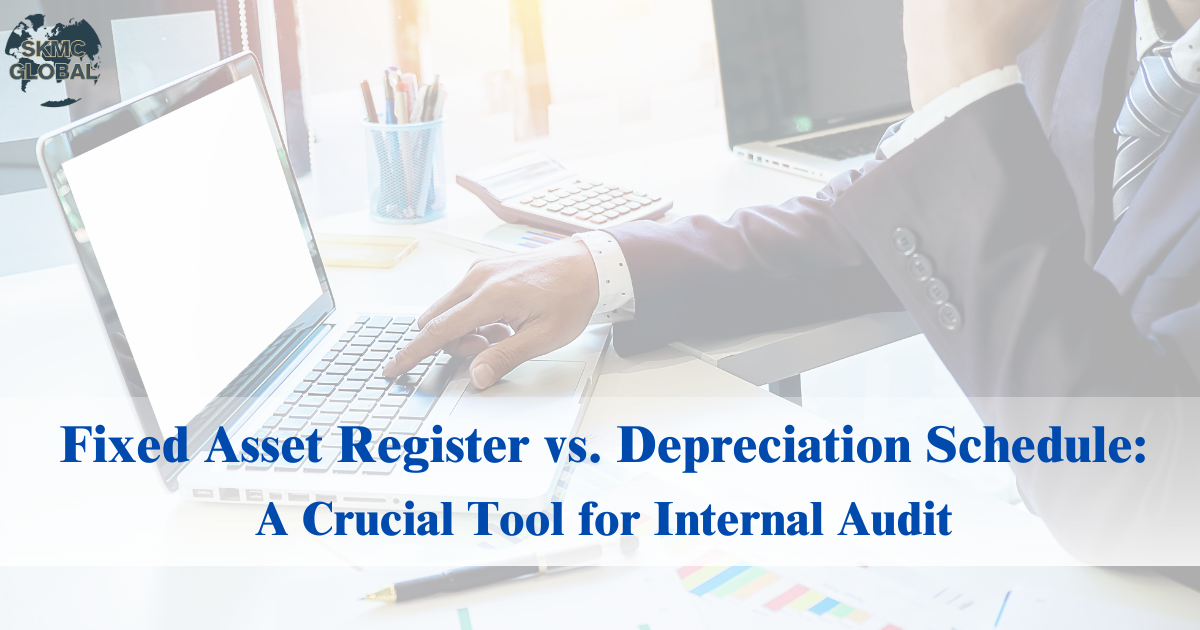 Fixed Asset Register v/s Depreciation Schedule: A ...
Apr 02,2025
Fixed Asset Register v/s Depreciation Schedule: A ...
Apr 02,2025
-
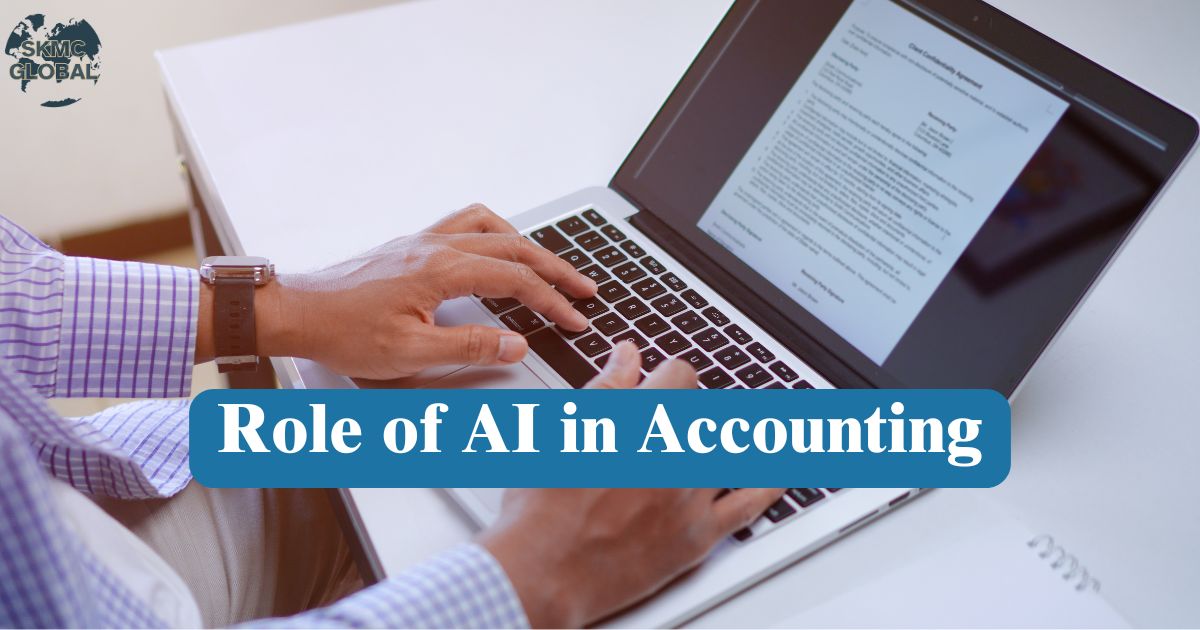 Role of AI in Accounting...
Mar 26,2025
Role of AI in Accounting...
Mar 26,2025
-
 Capital Structure & its Impact on Profitability...
Feb 21,2025
Capital Structure & its Impact on Profitability...
Feb 21,2025
-
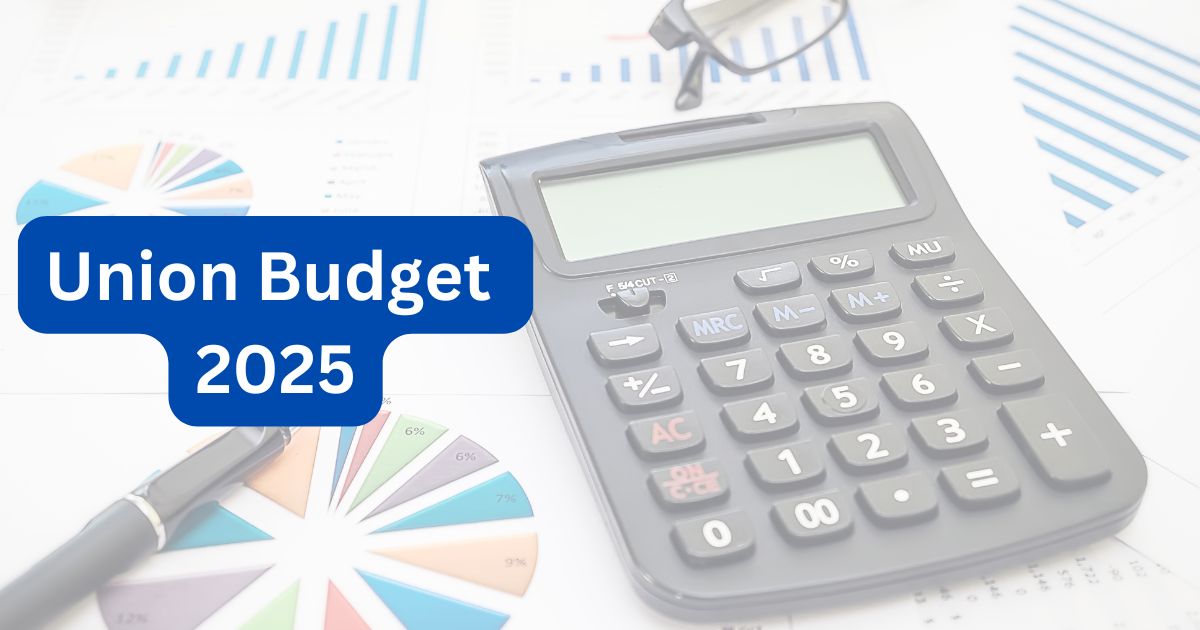 Union Budget 2025...
Feb 01,2025
Union Budget 2025...
Feb 01,2025
-
 What is EPR in Plastic waste Management? ...
Jul 12,2022
What is EPR in Plastic waste Management? ...
Jul 12,2022
-
 Lithium-ion Battery Recycling Plant Setup in India...
May 10,2022
Lithium-ion Battery Recycling Plant Setup in India...
May 10,2022
-
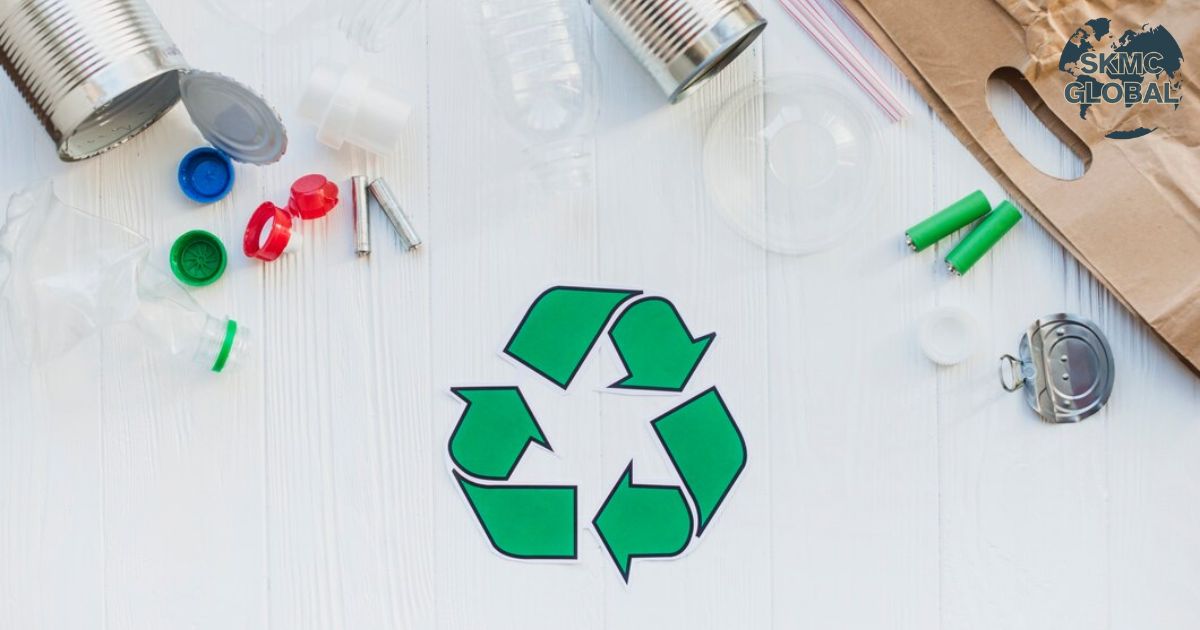 Setting up E-waste Recycling Plant Setup...
Jan 12,2022
Setting up E-waste Recycling Plant Setup...
Jan 12,2022
-
 Applicability of Labour Laws in India...
Jul 15,2021
Applicability of Labour Laws in India...
Jul 15,2021
-
 Basis to Outsource Finance and Accounting Services...
Oct 31,2021
Basis to Outsource Finance and Accounting Services...
Oct 31,2021
